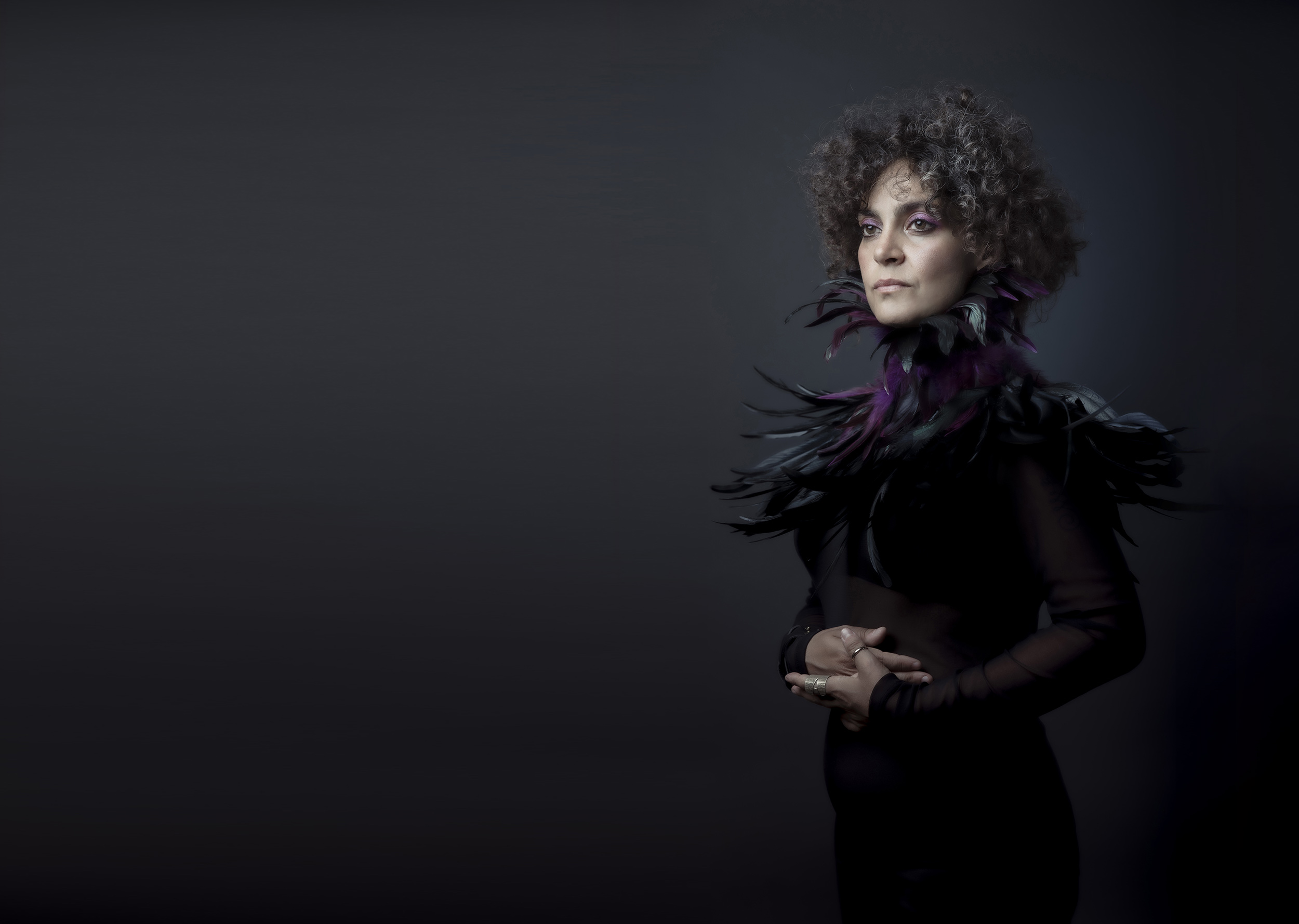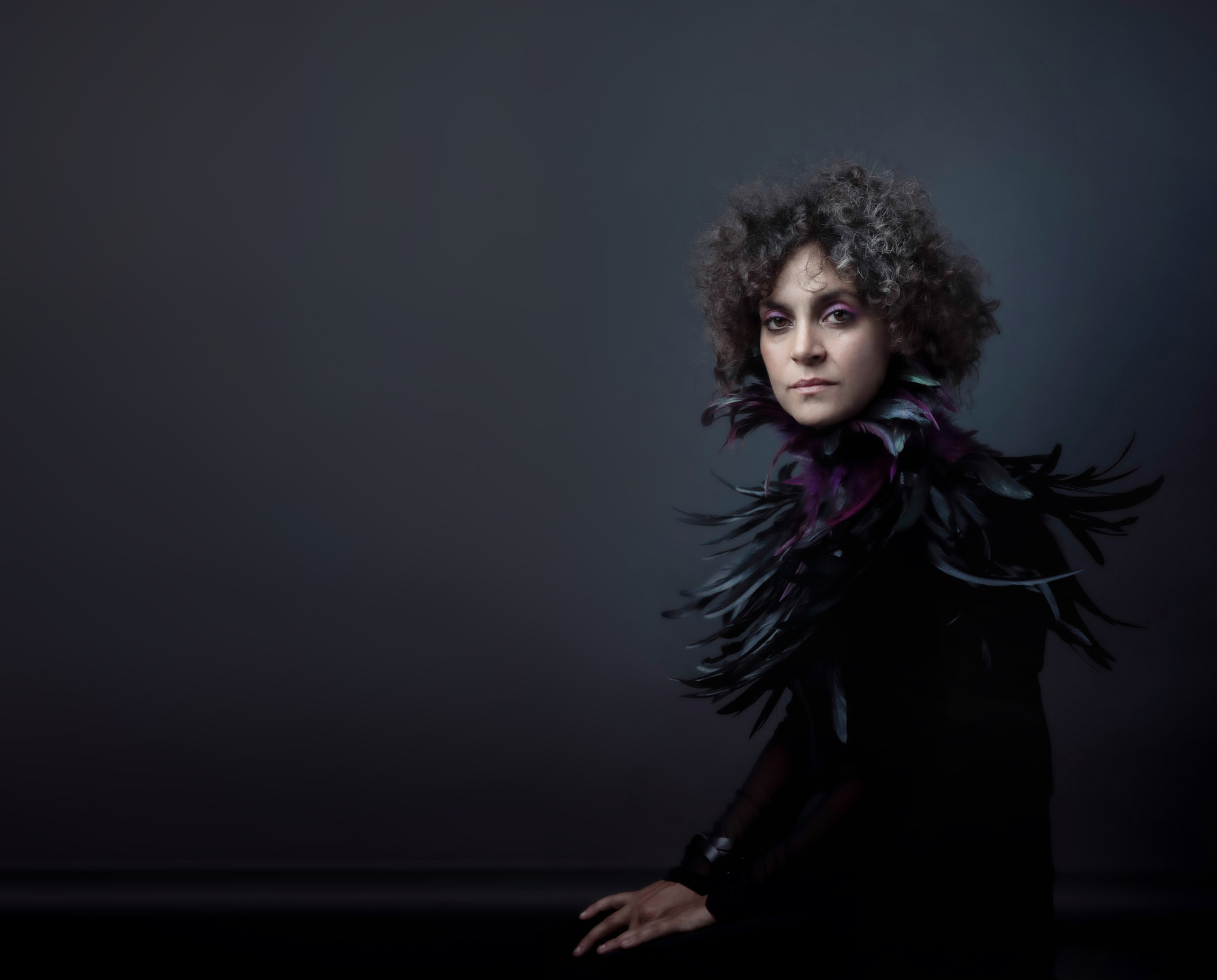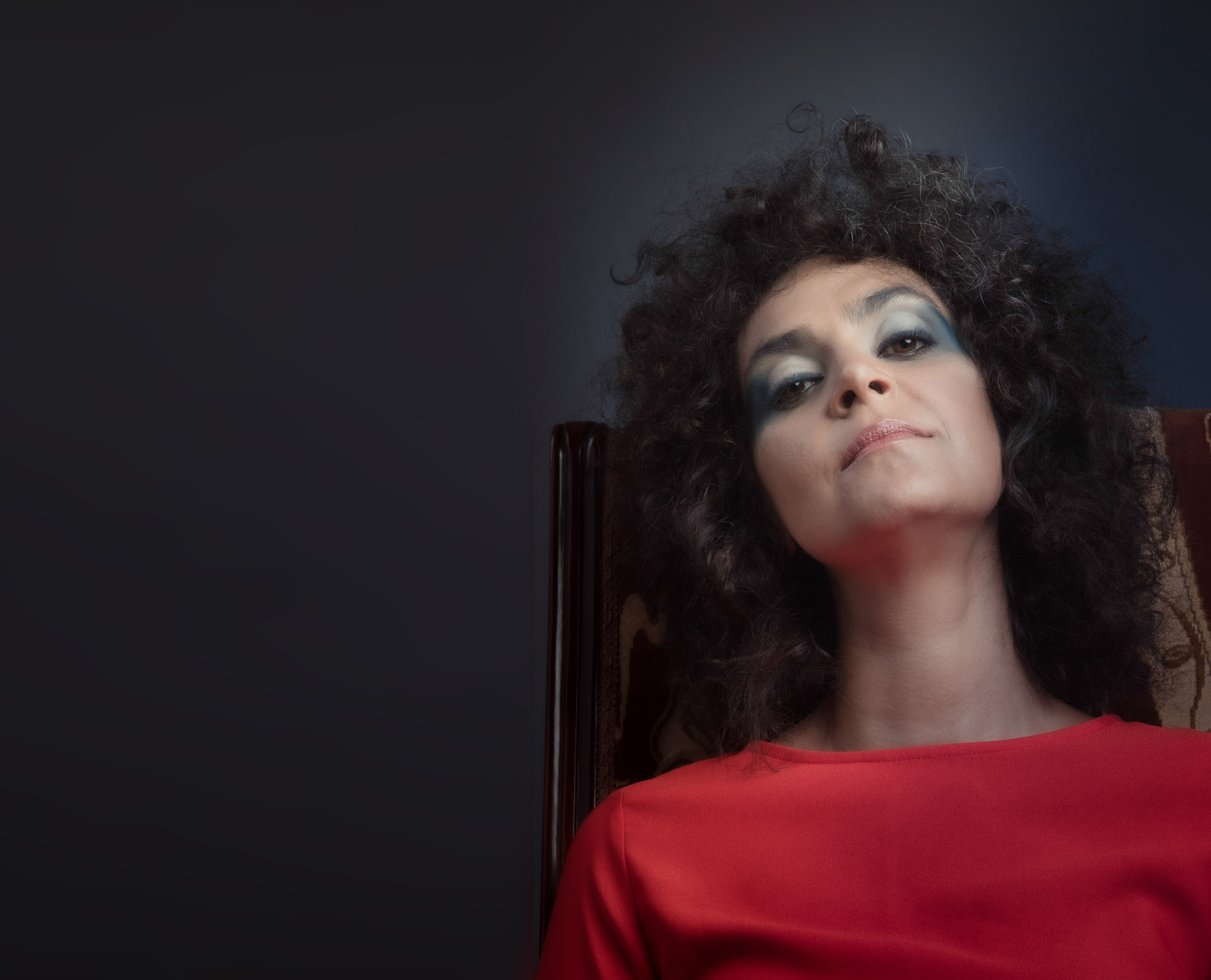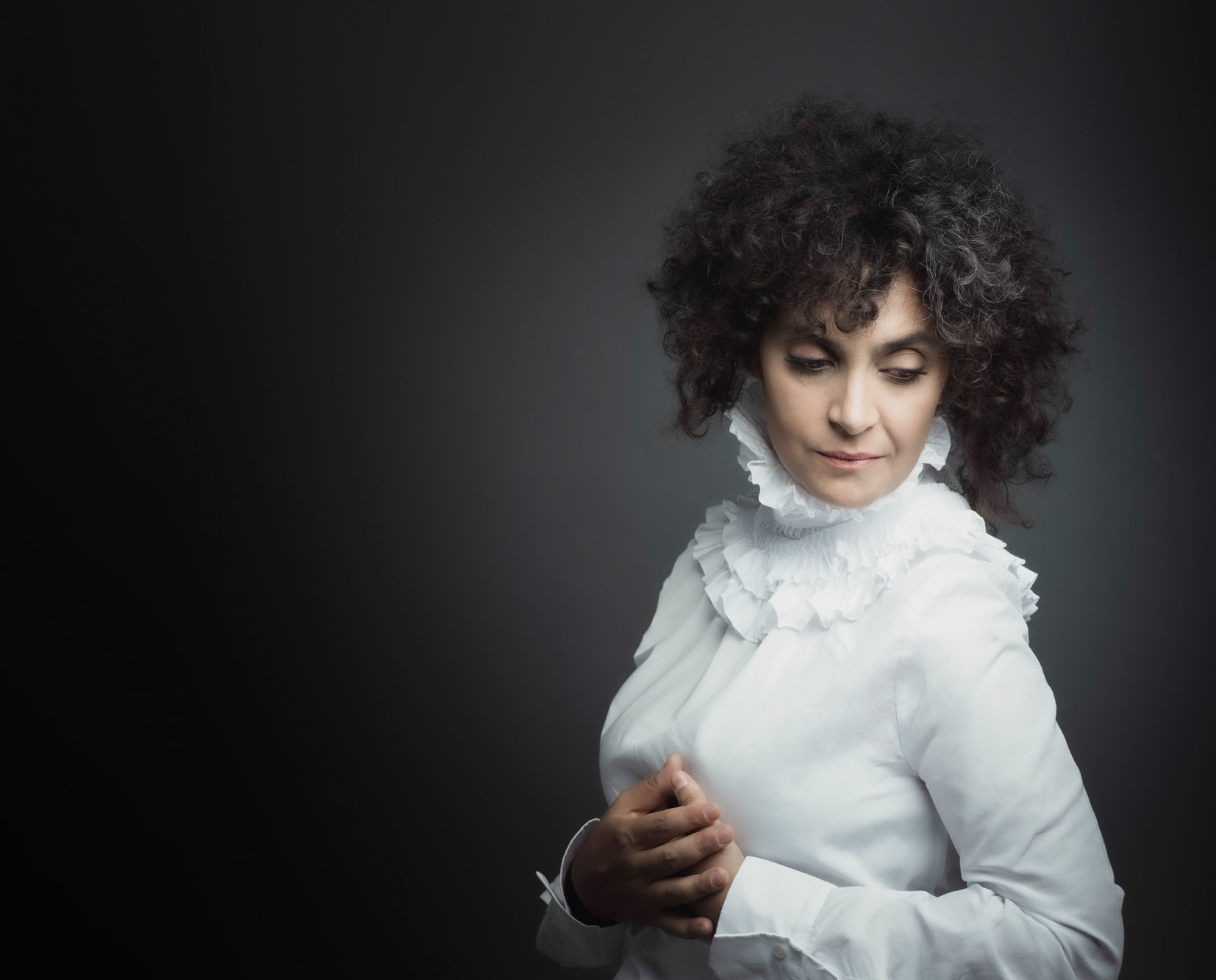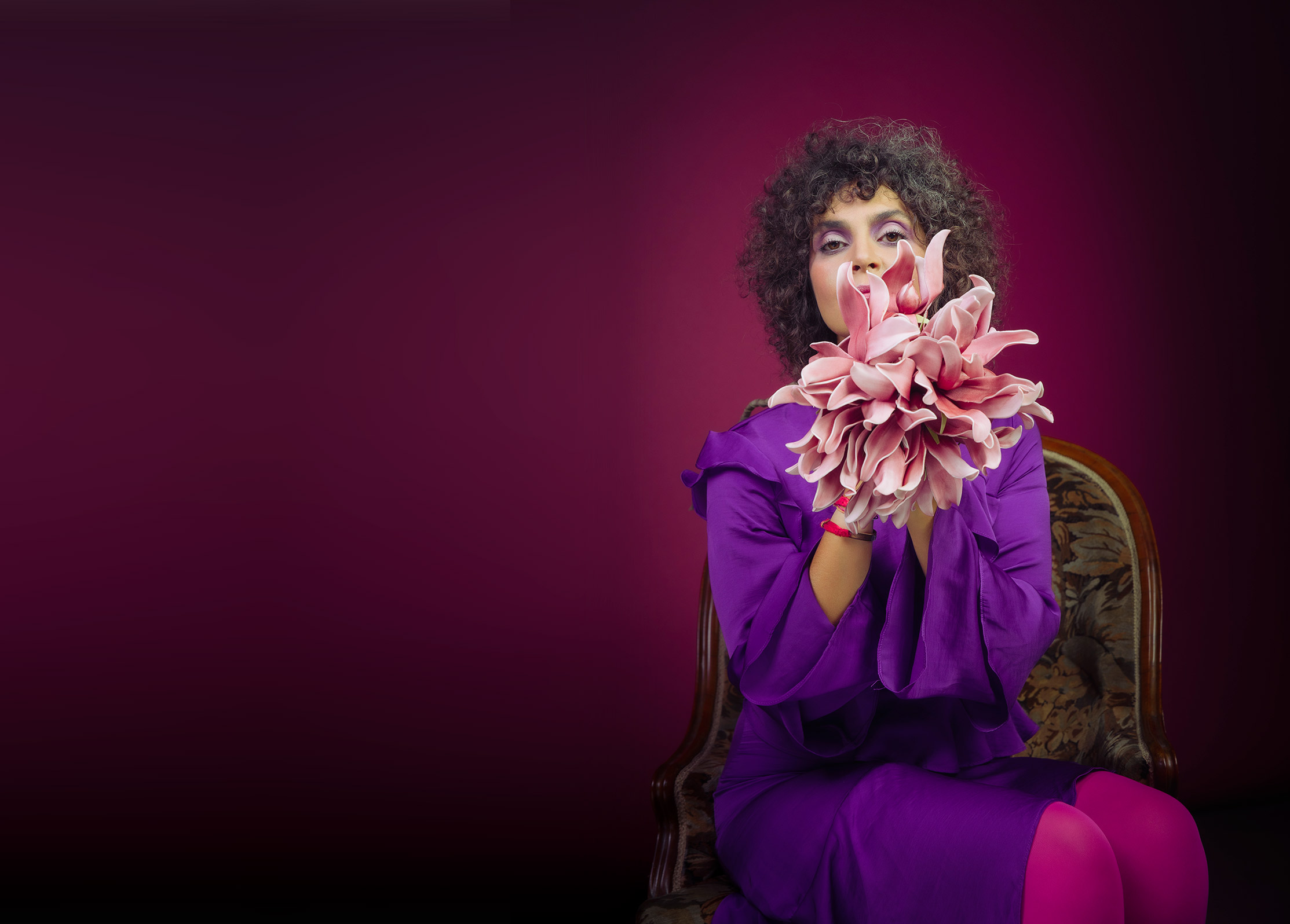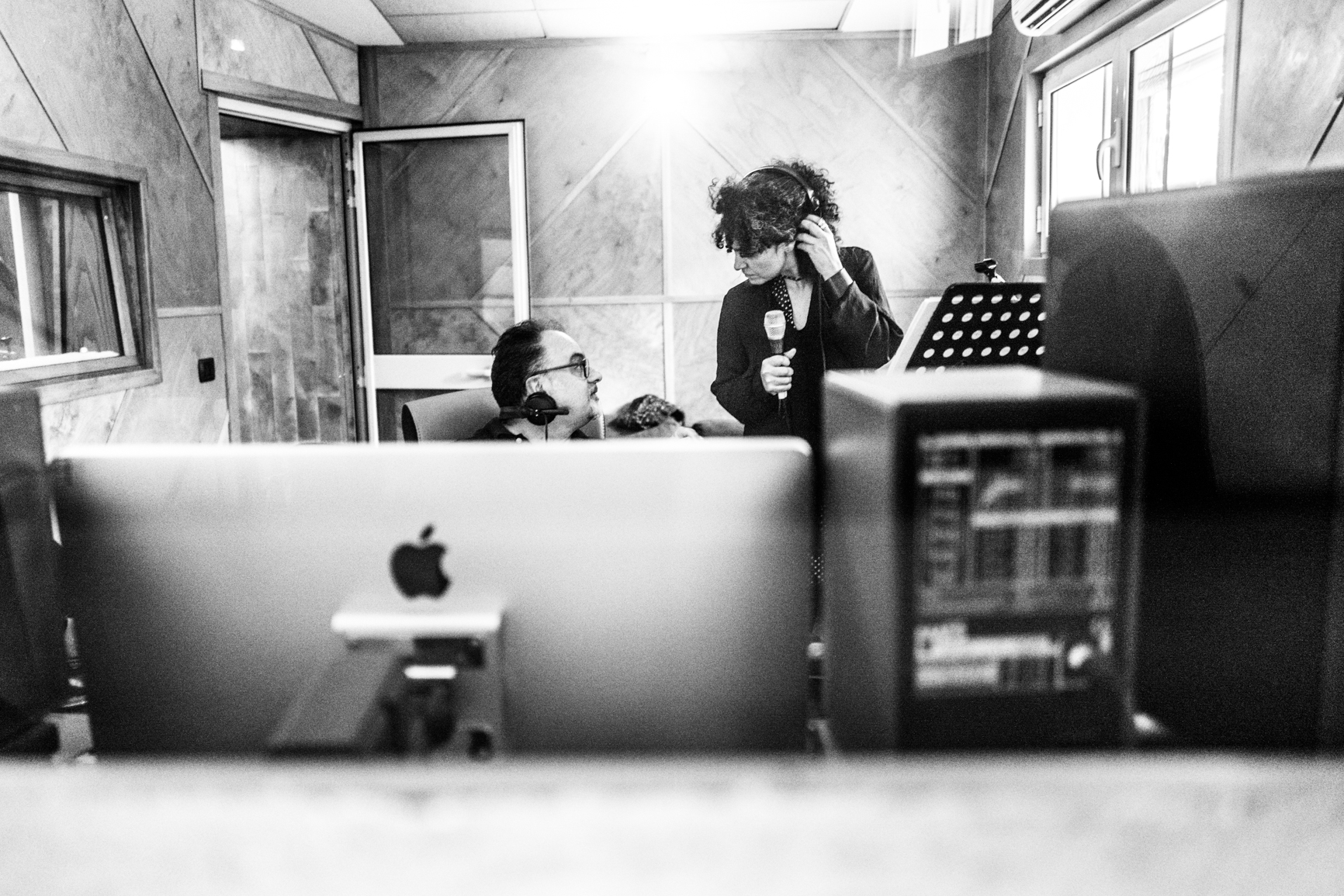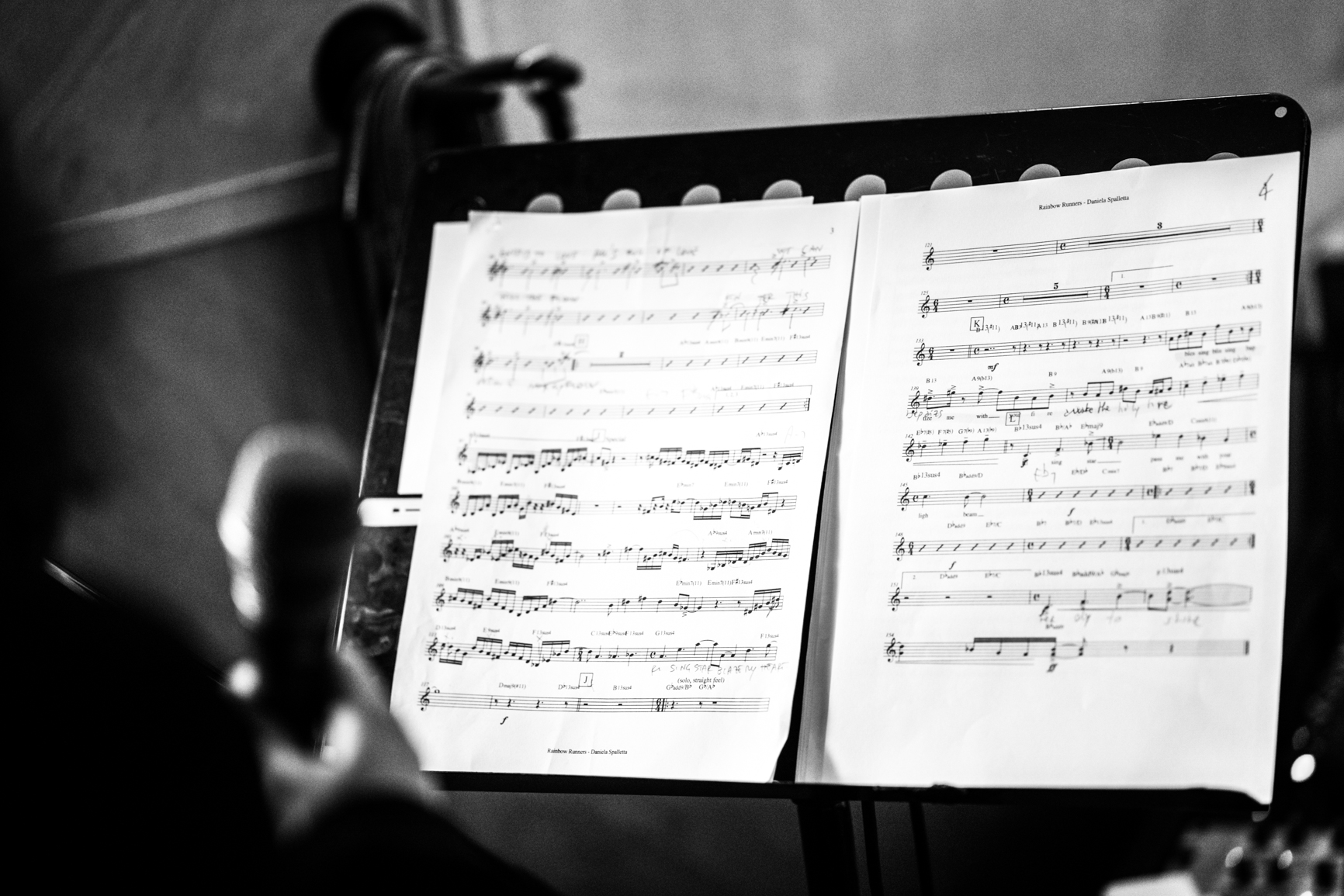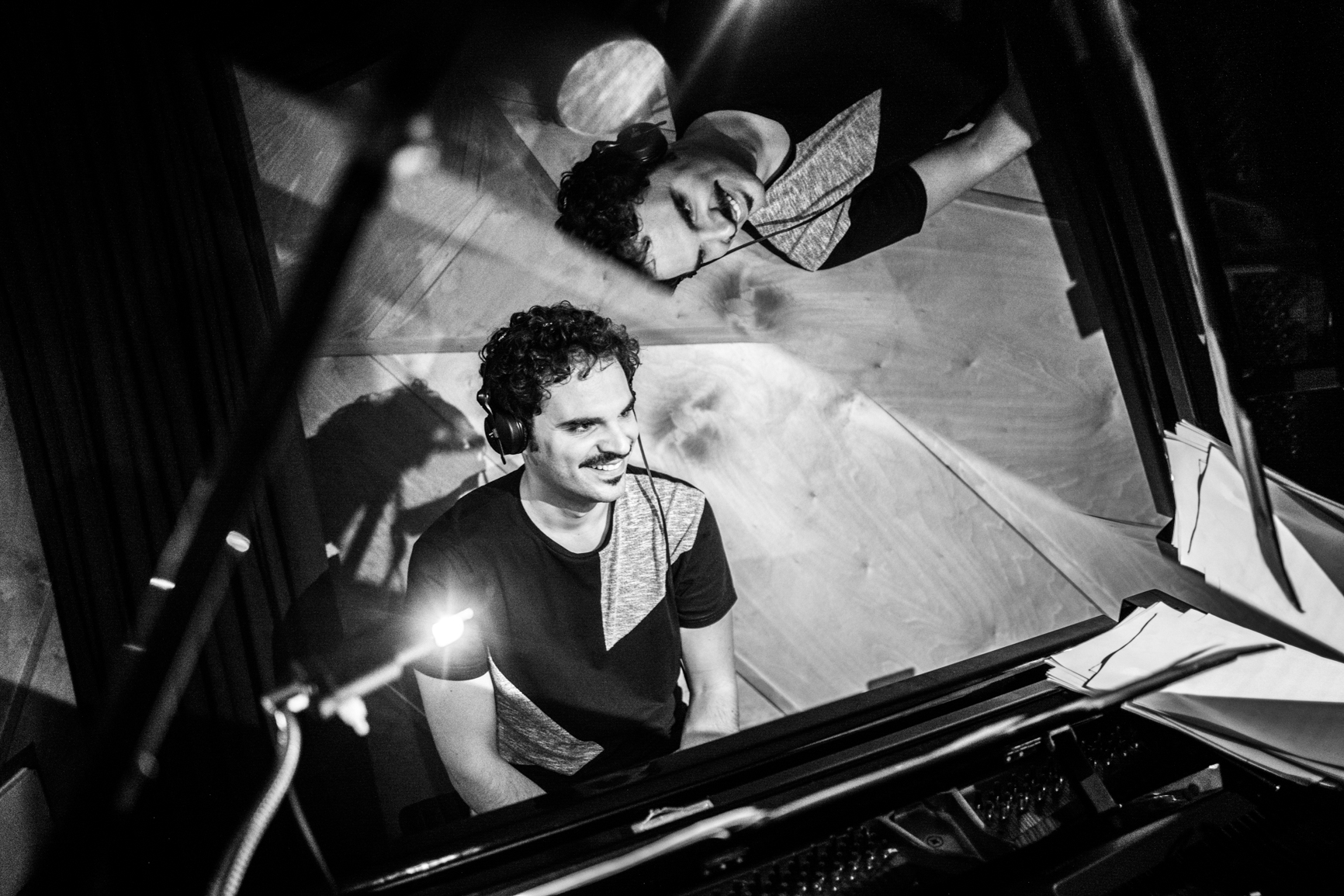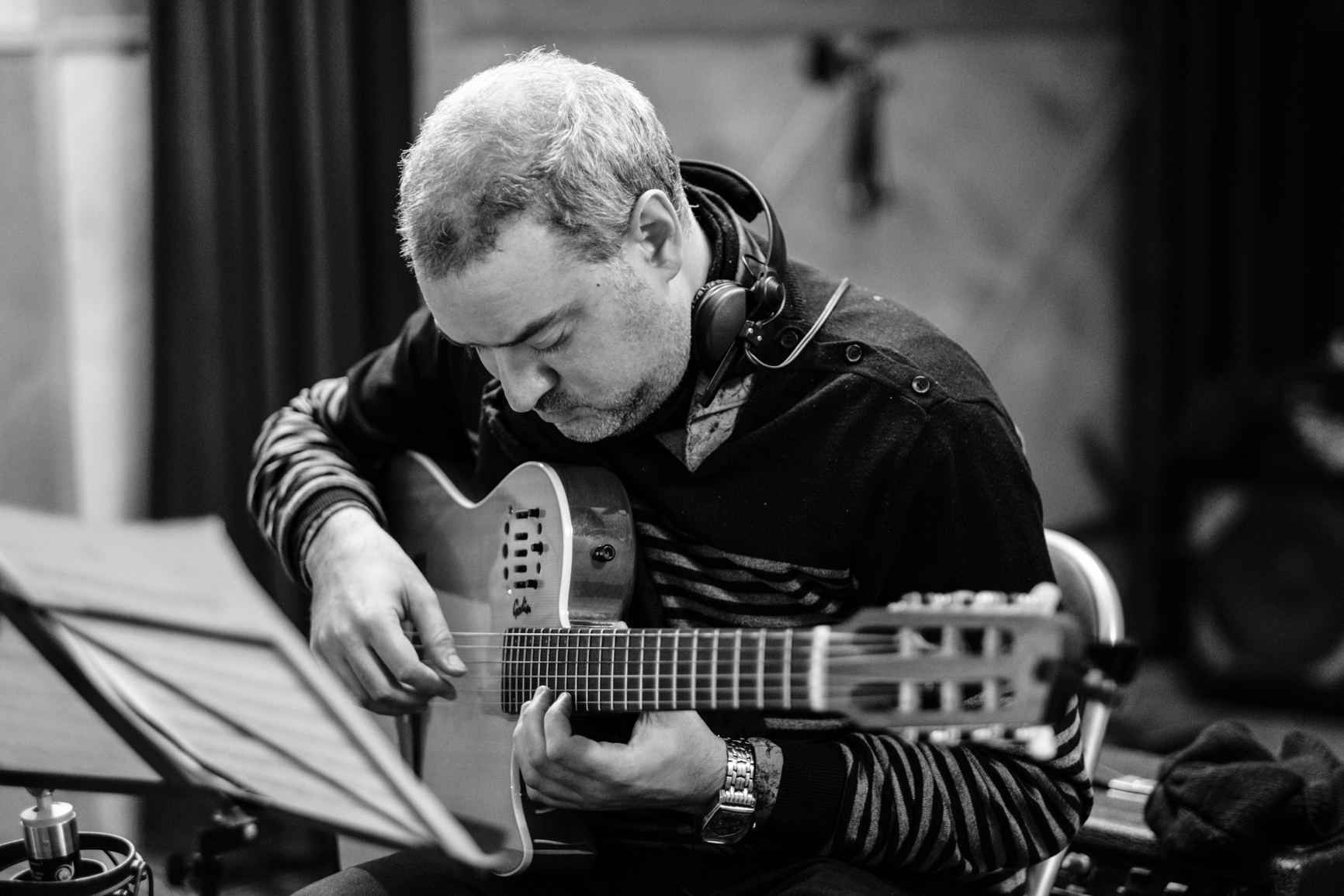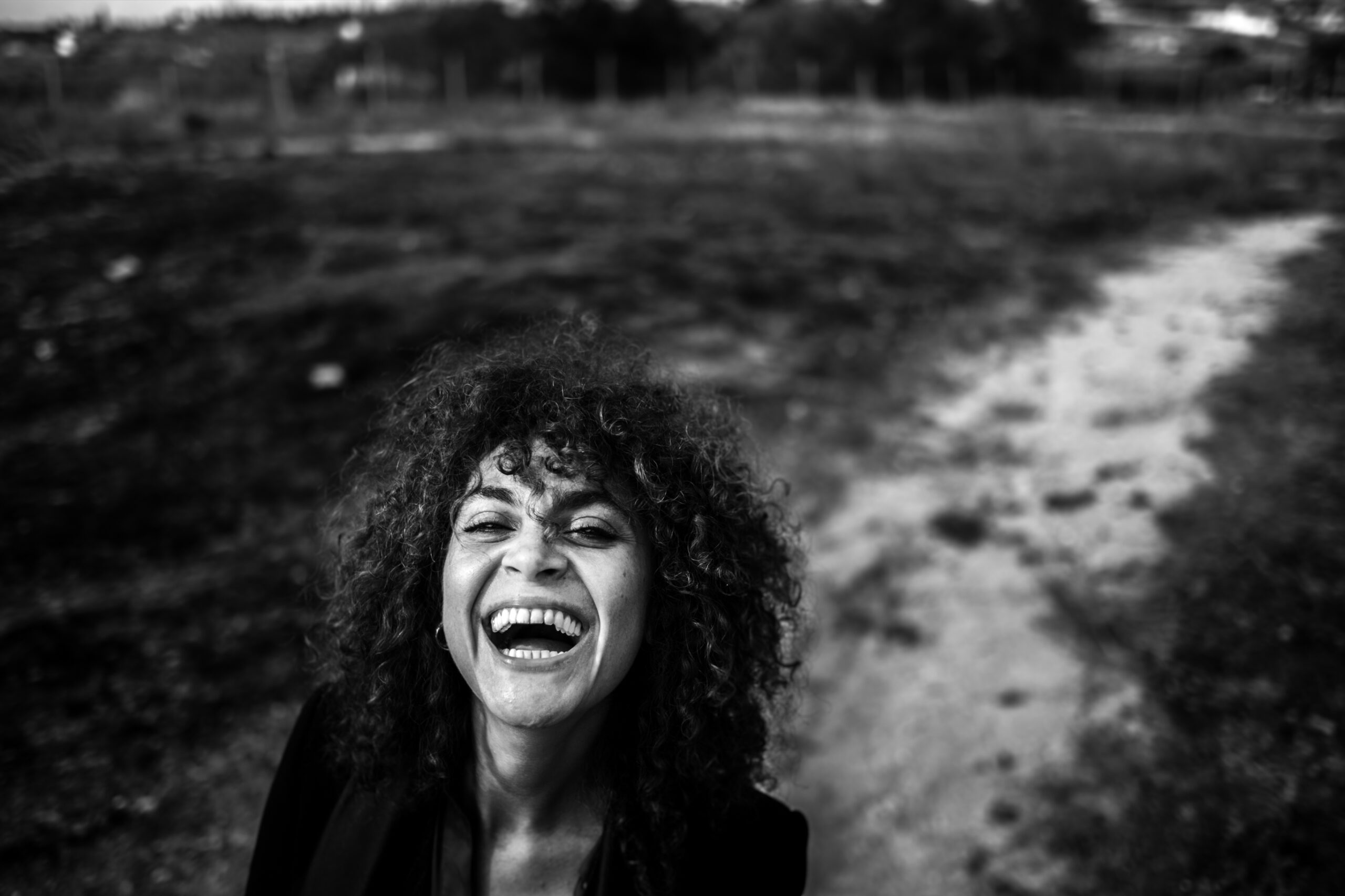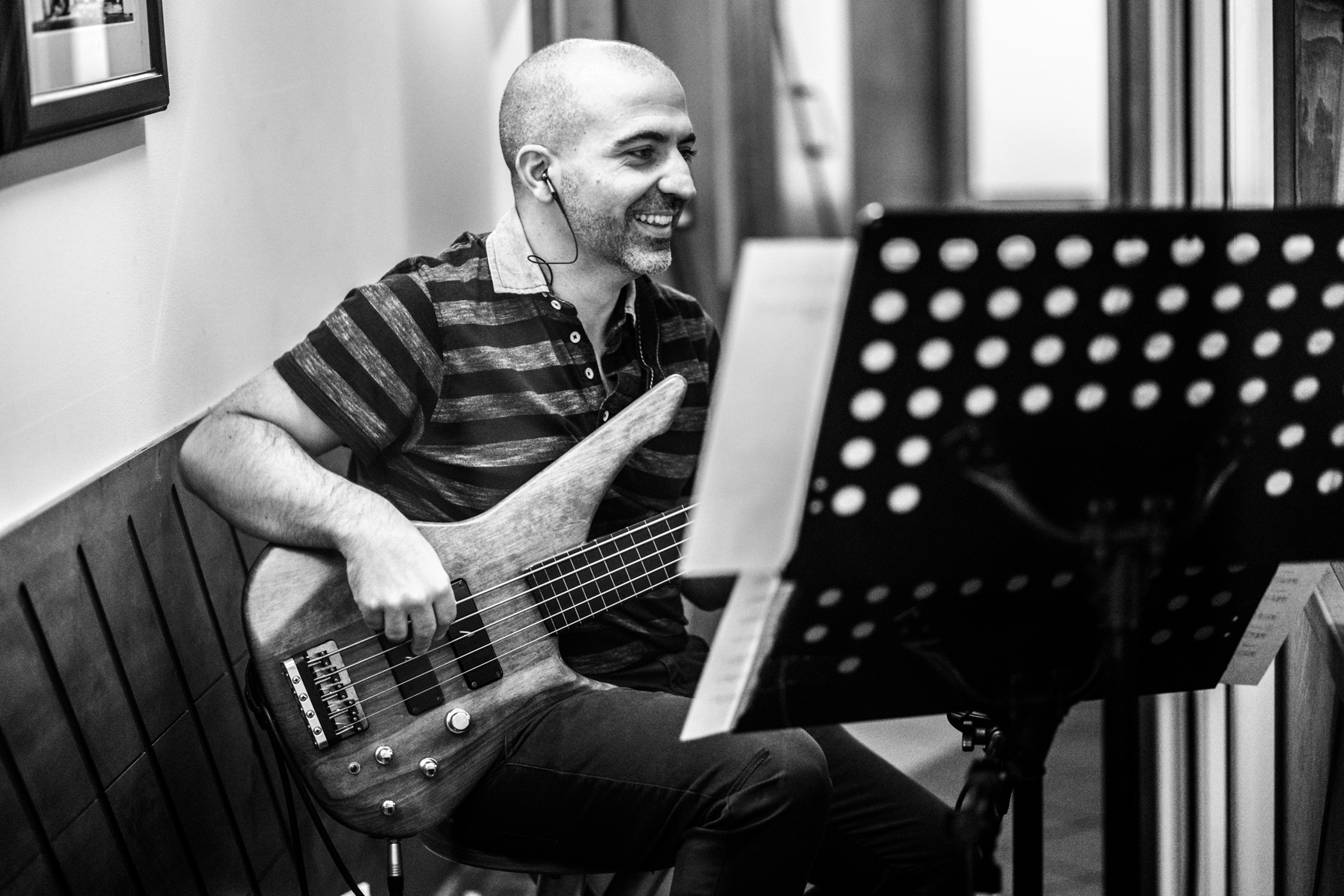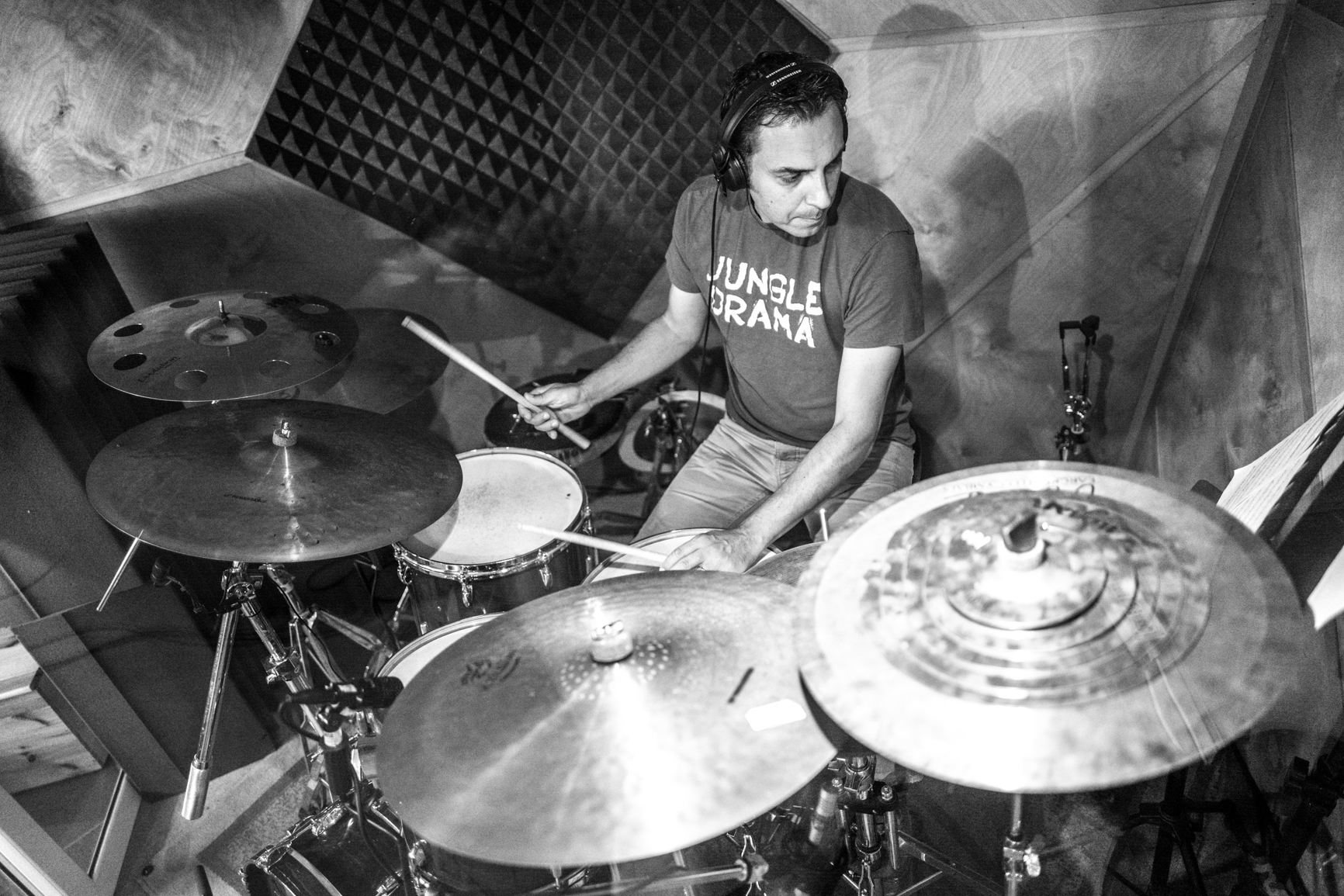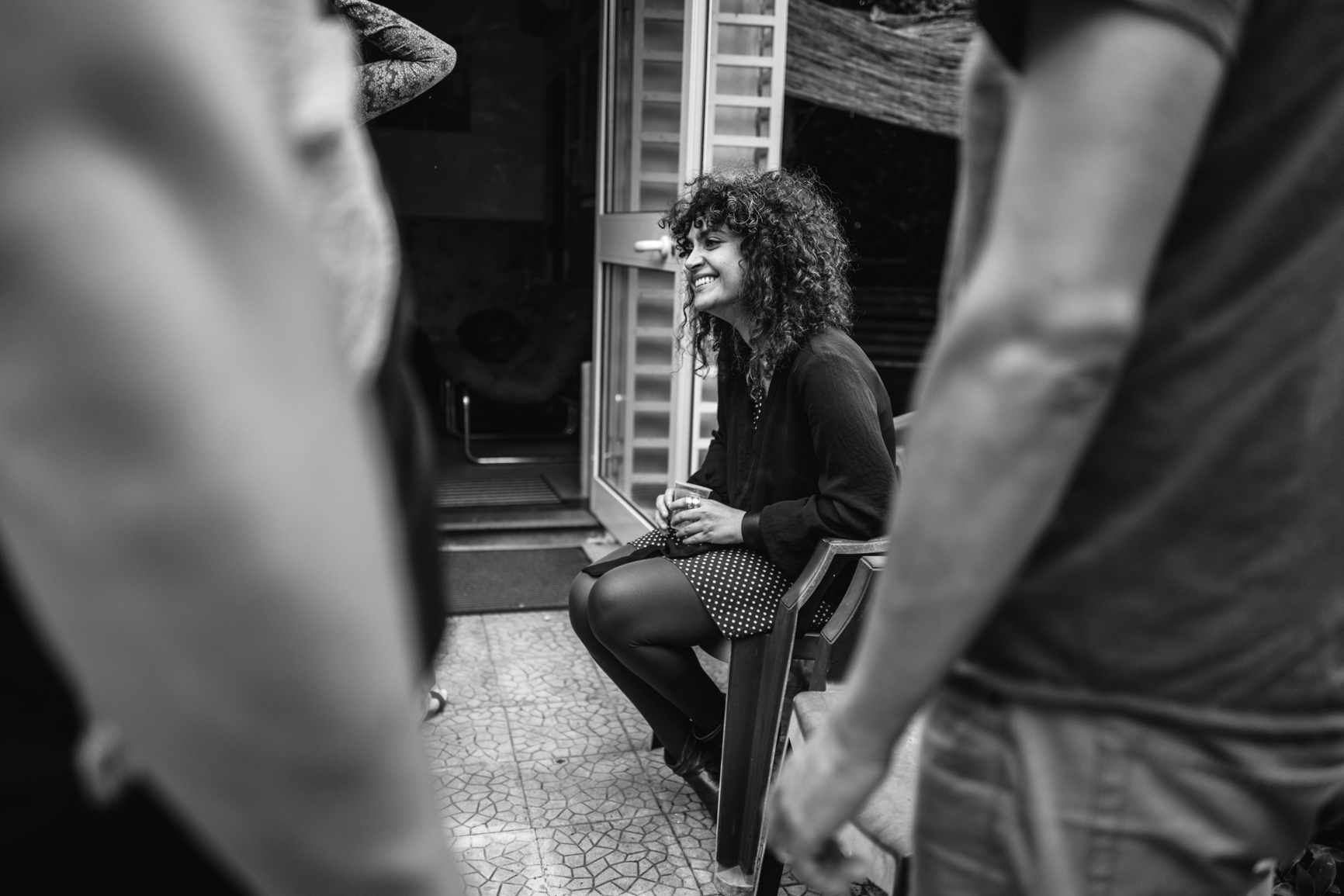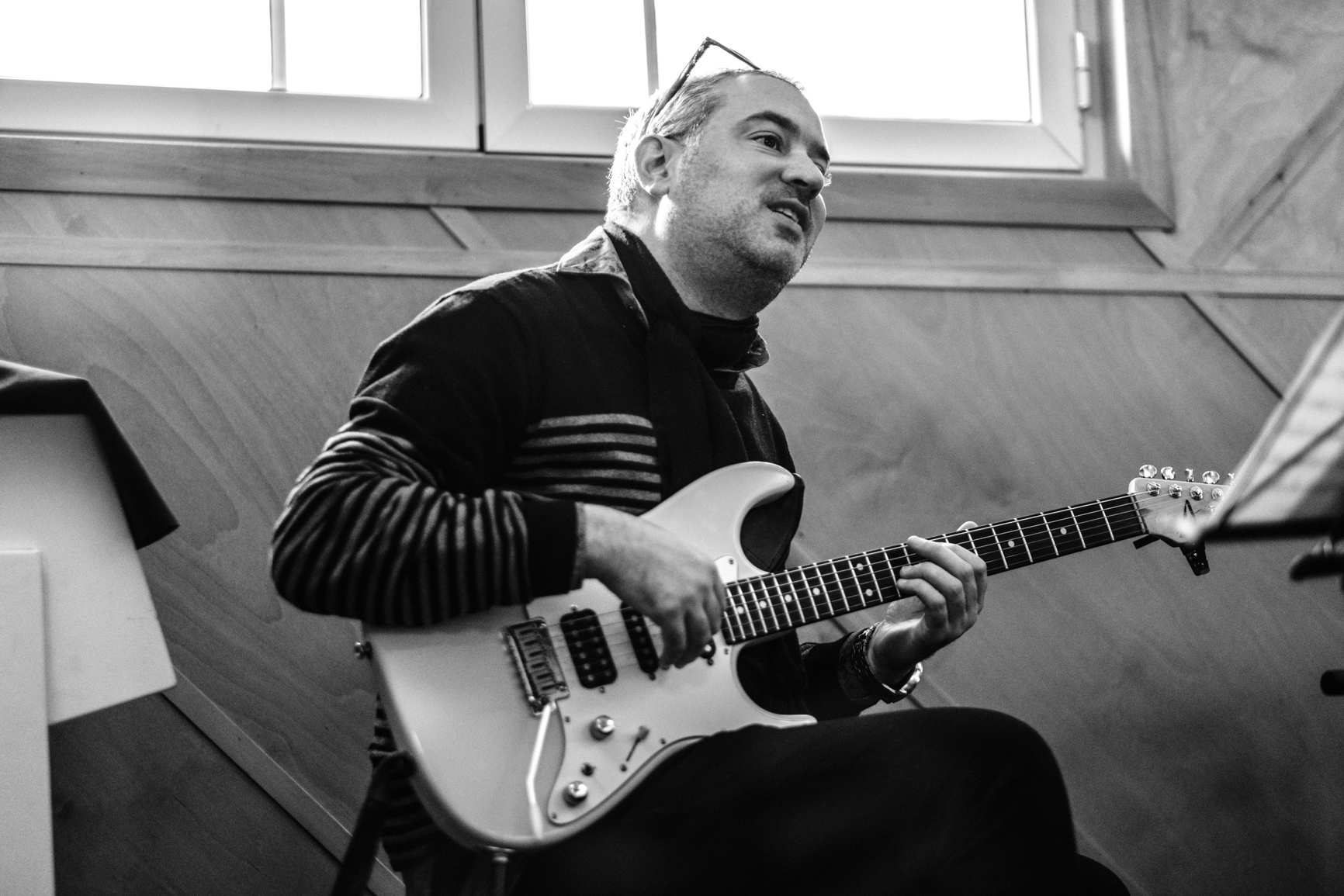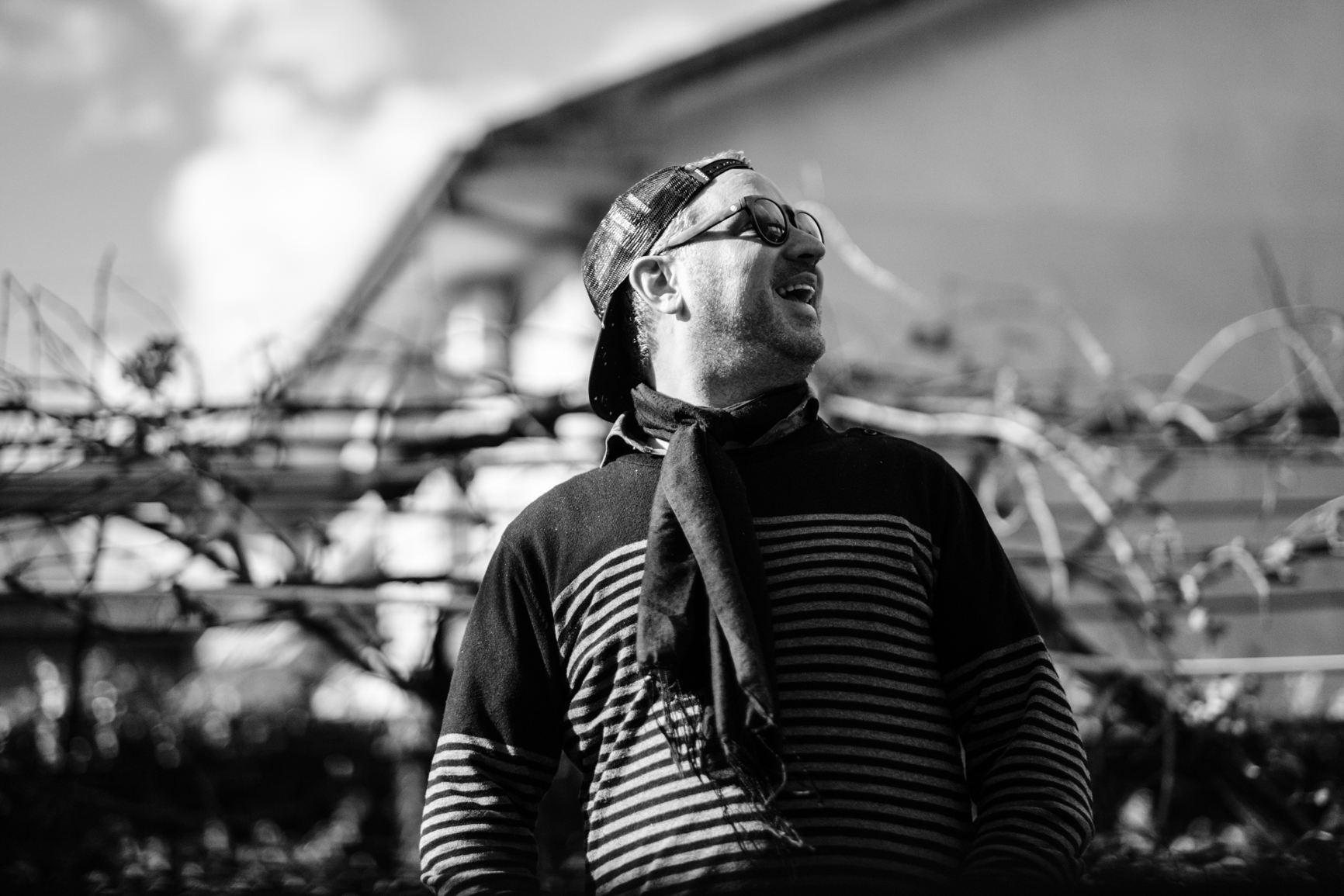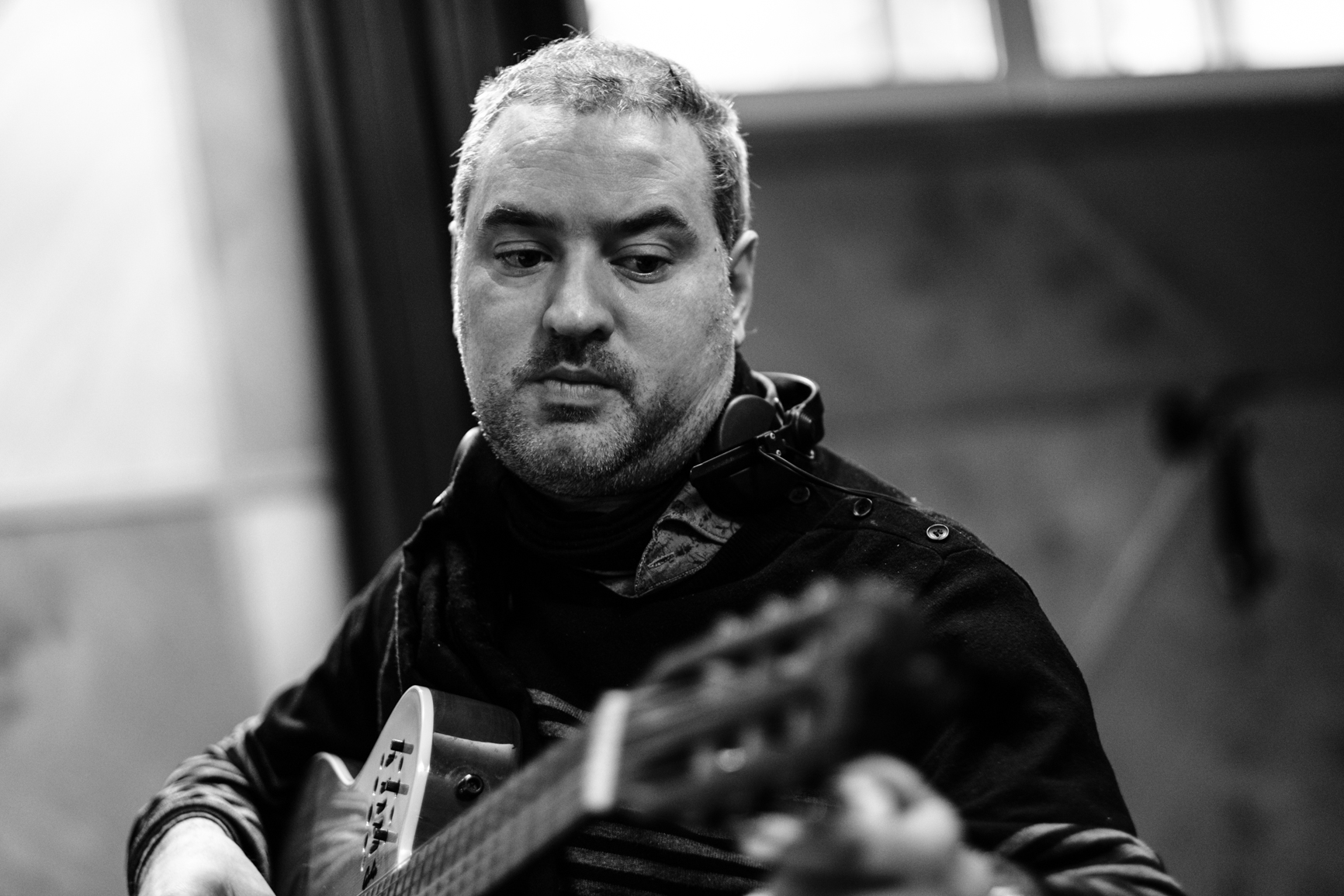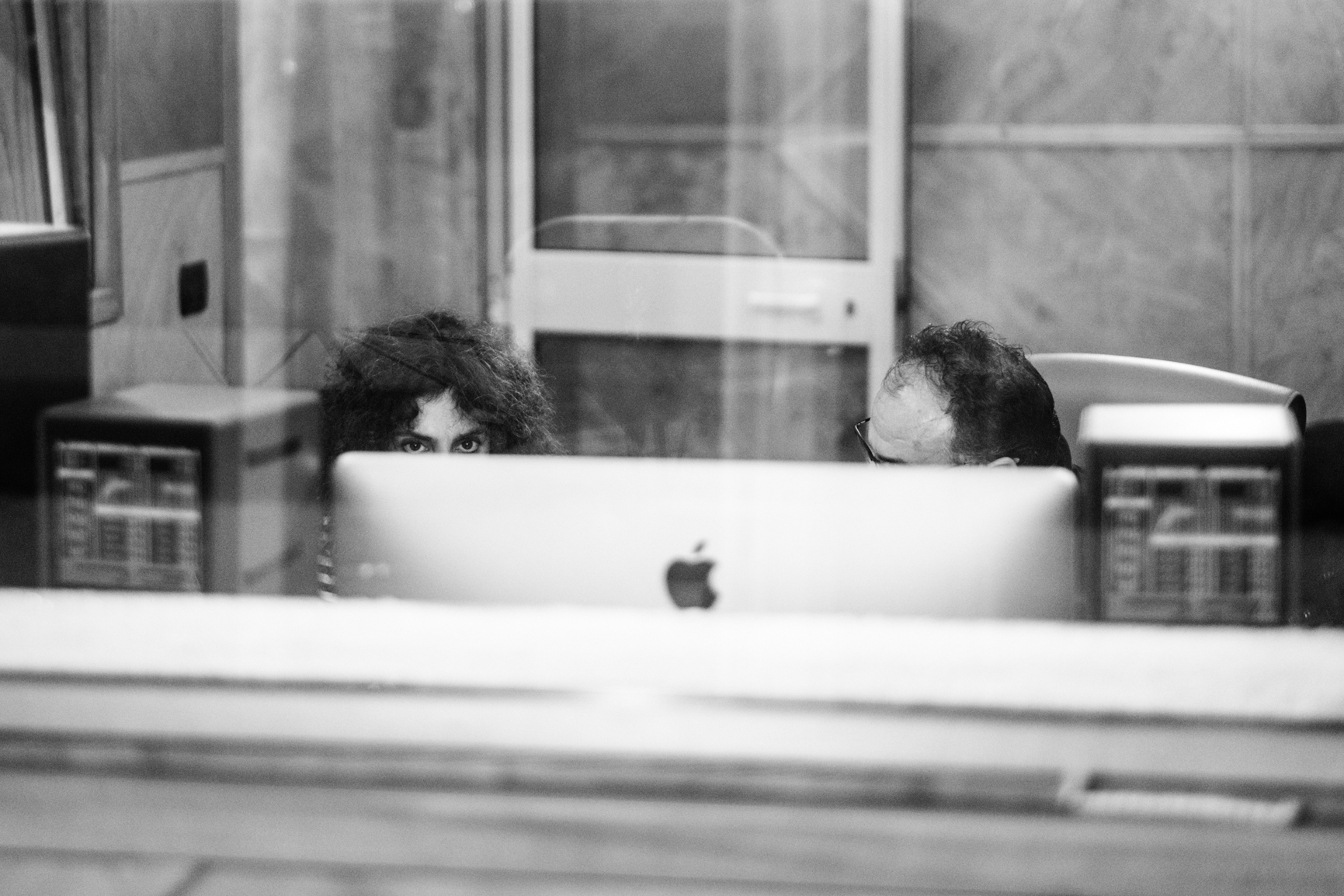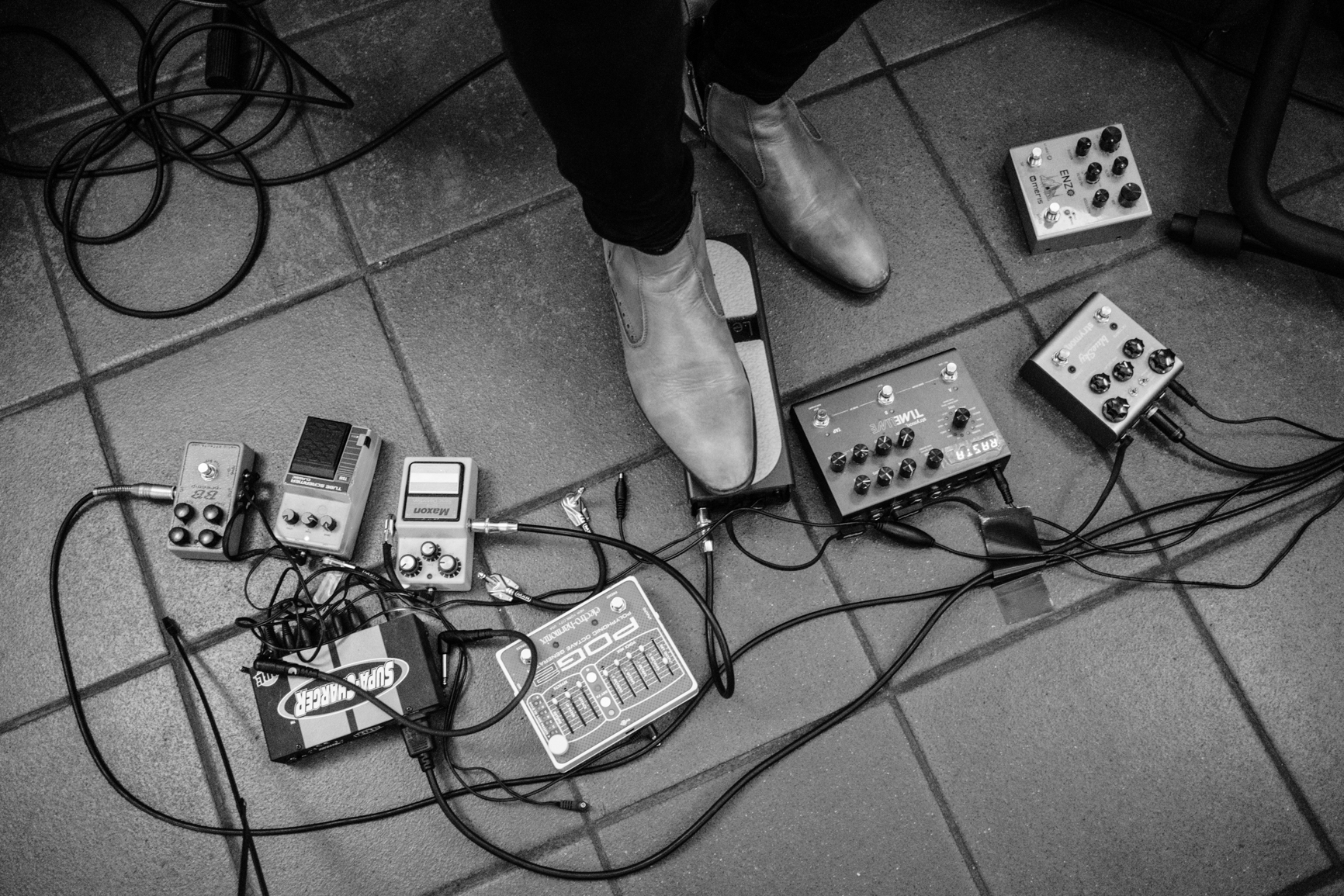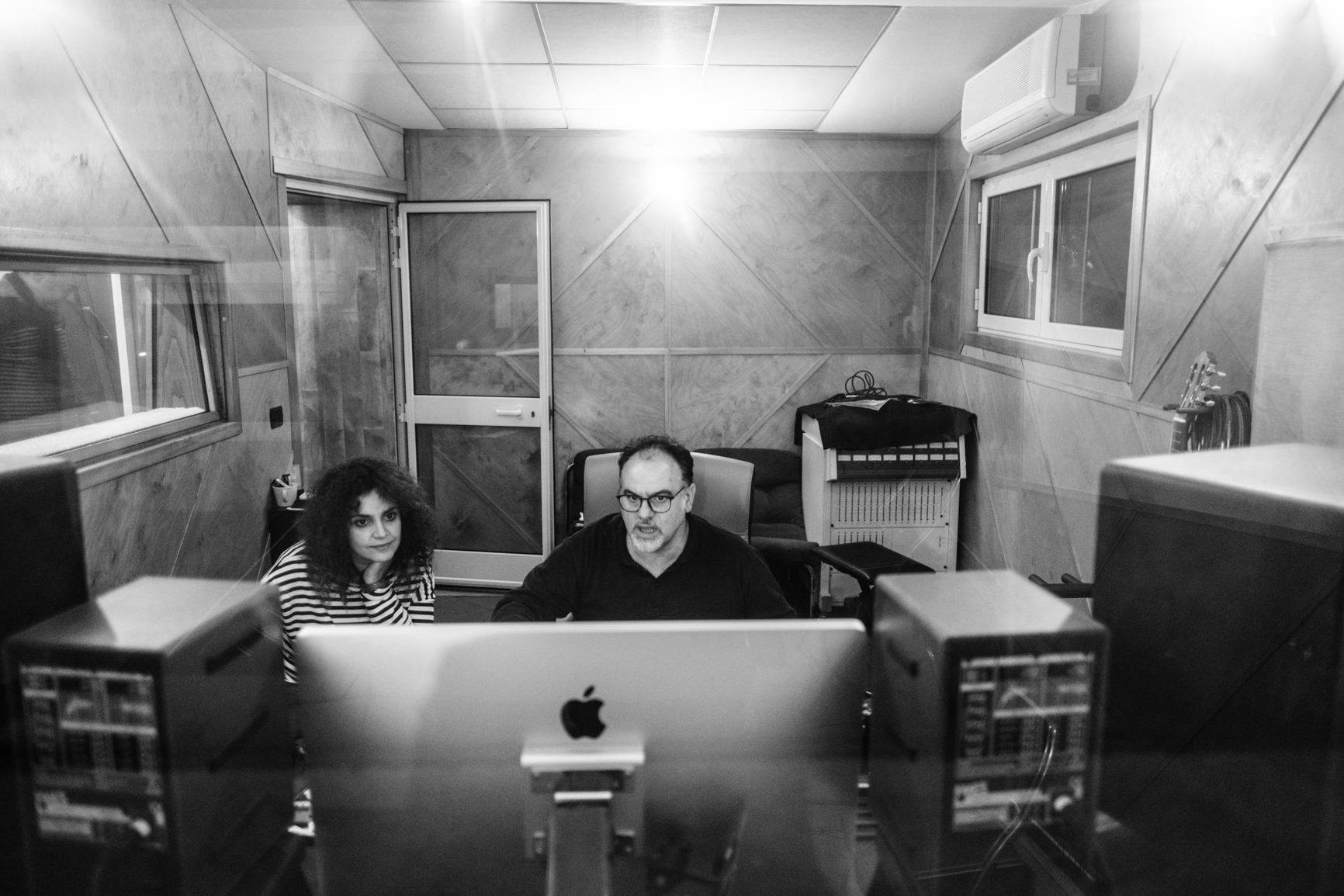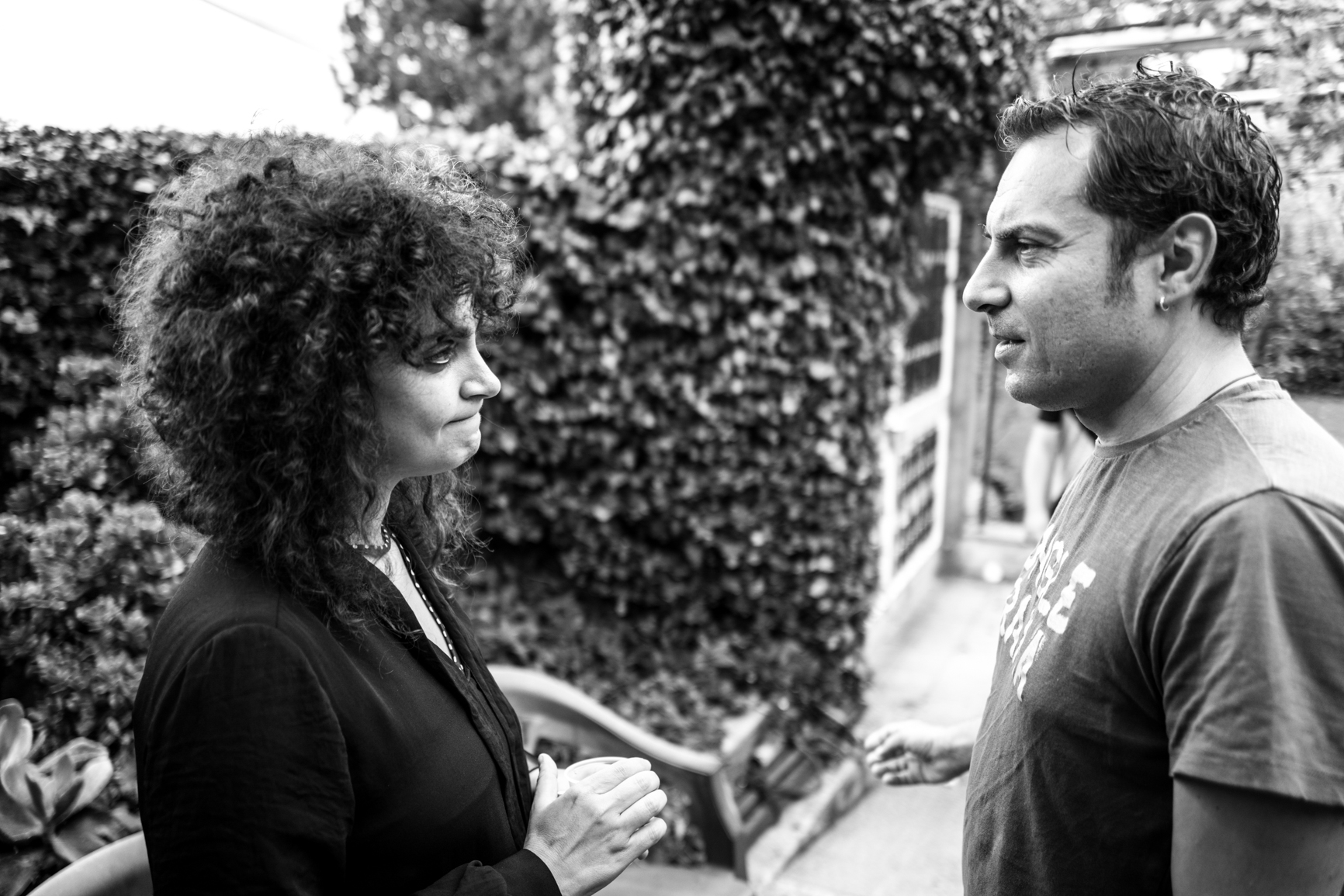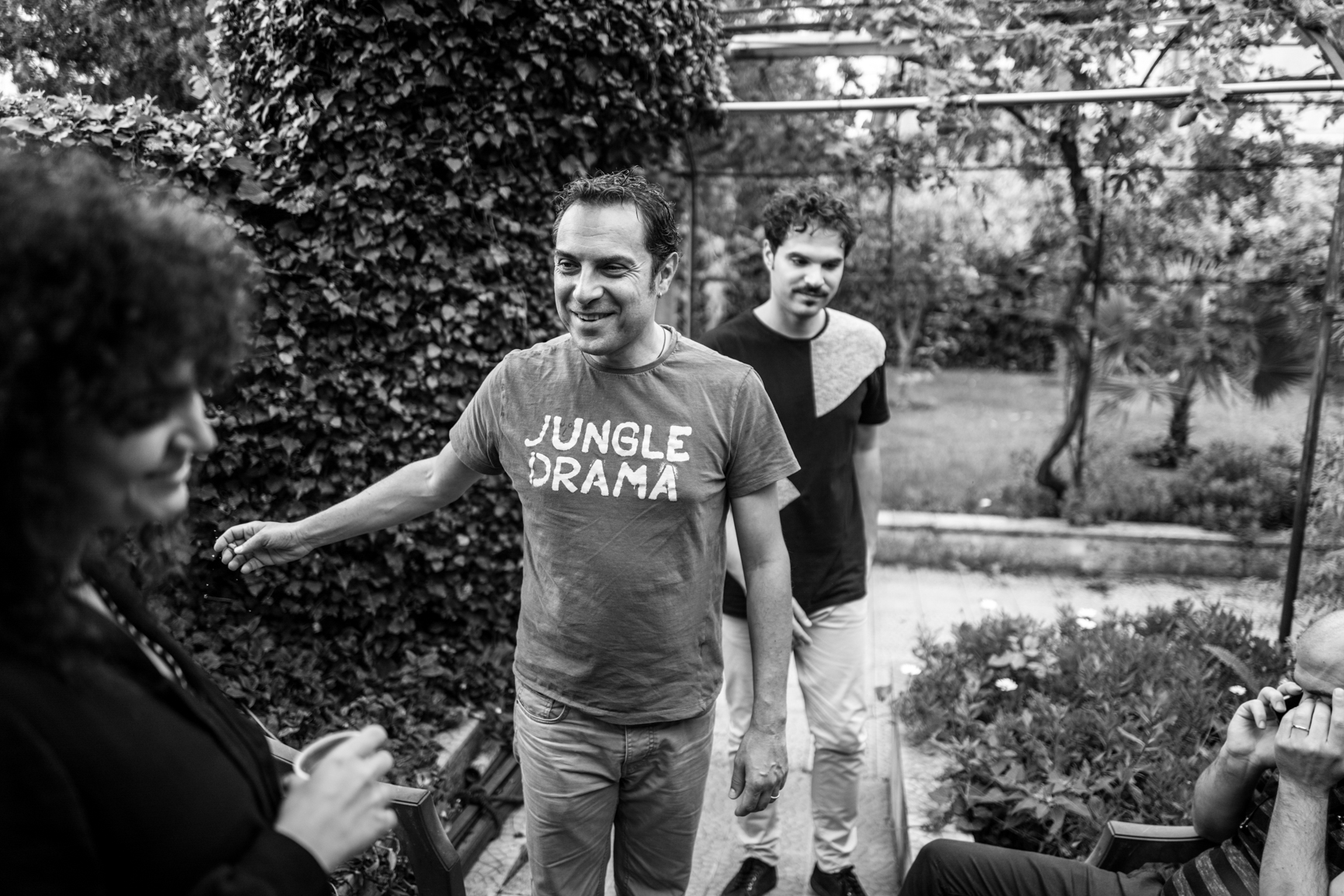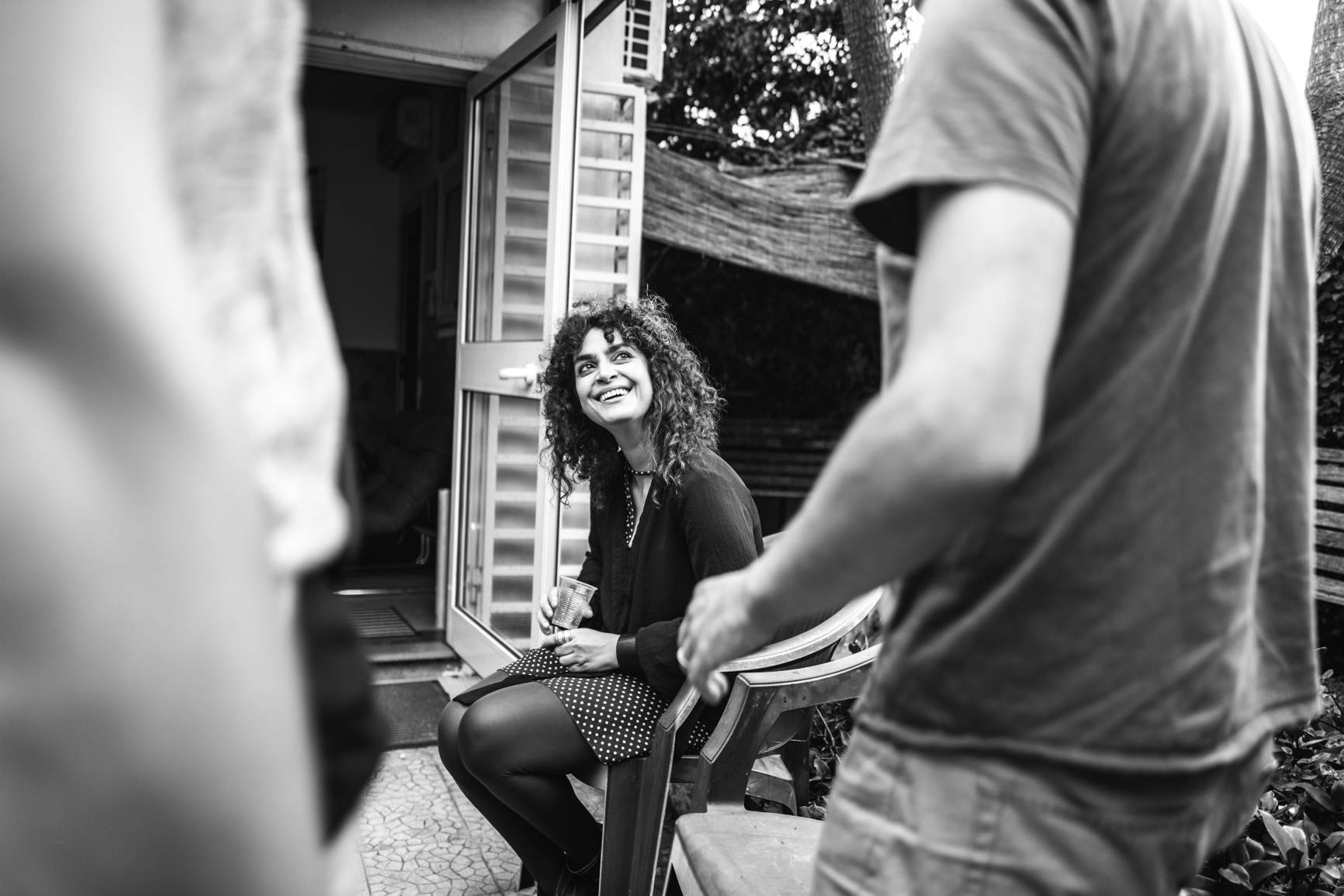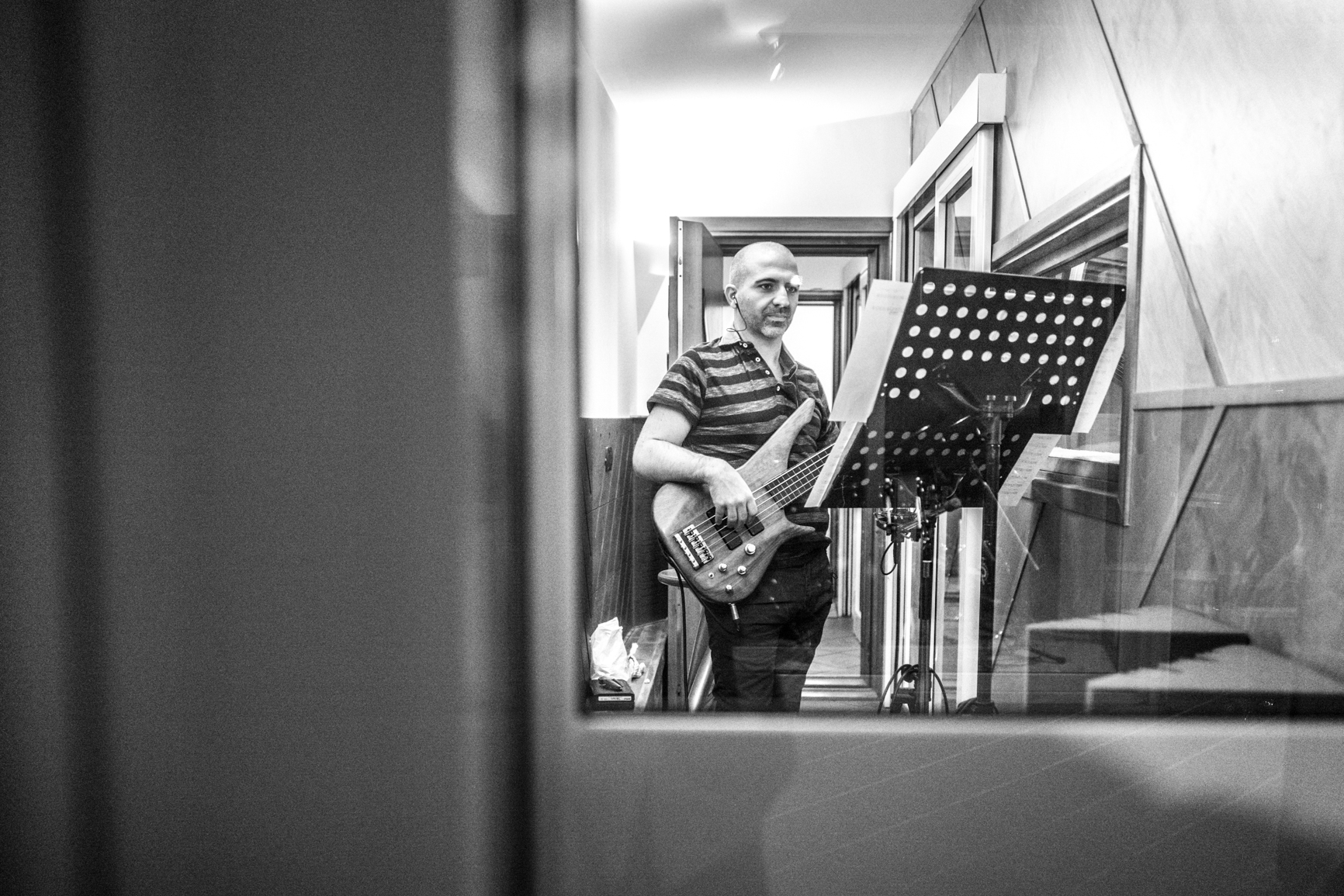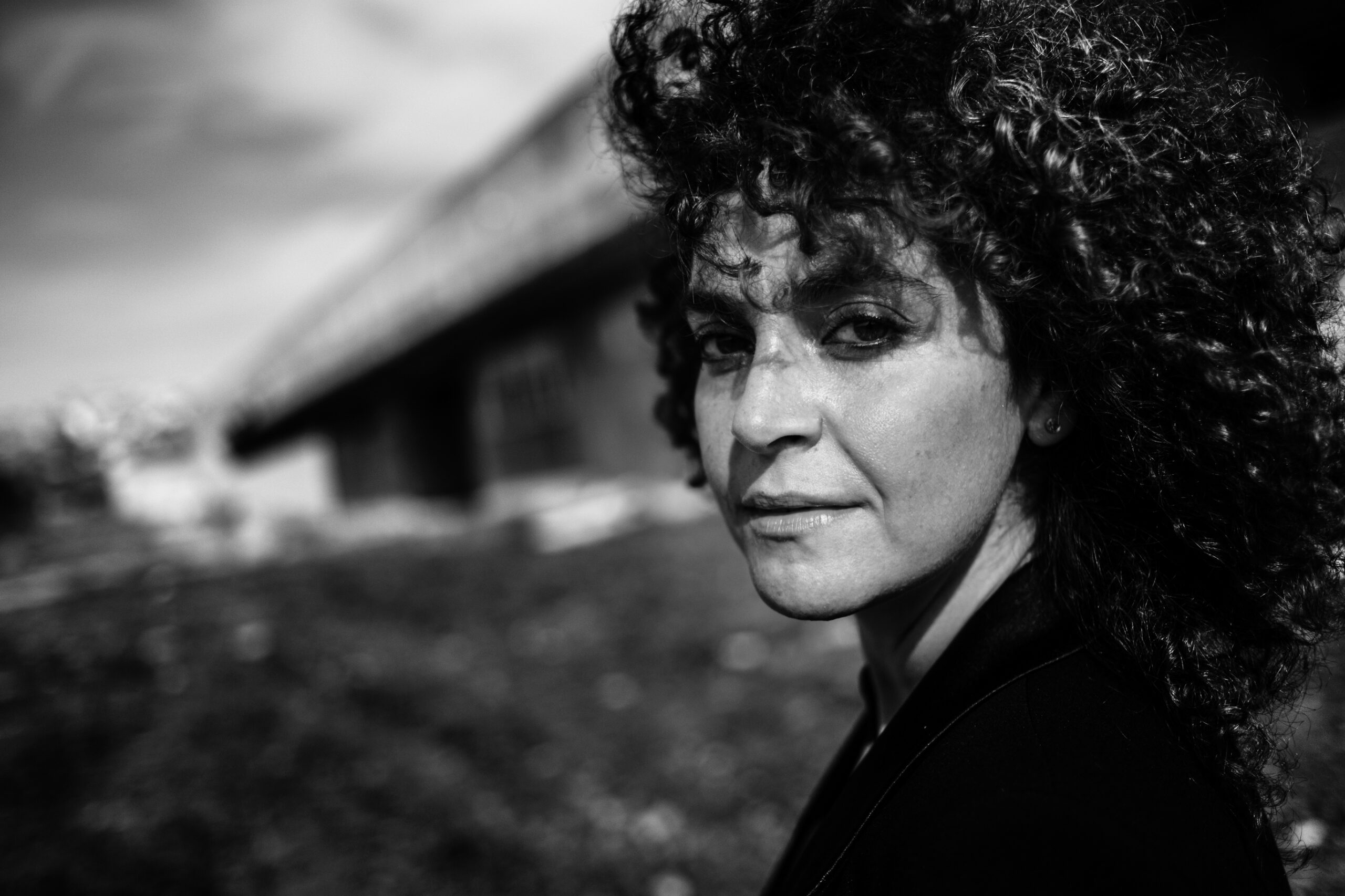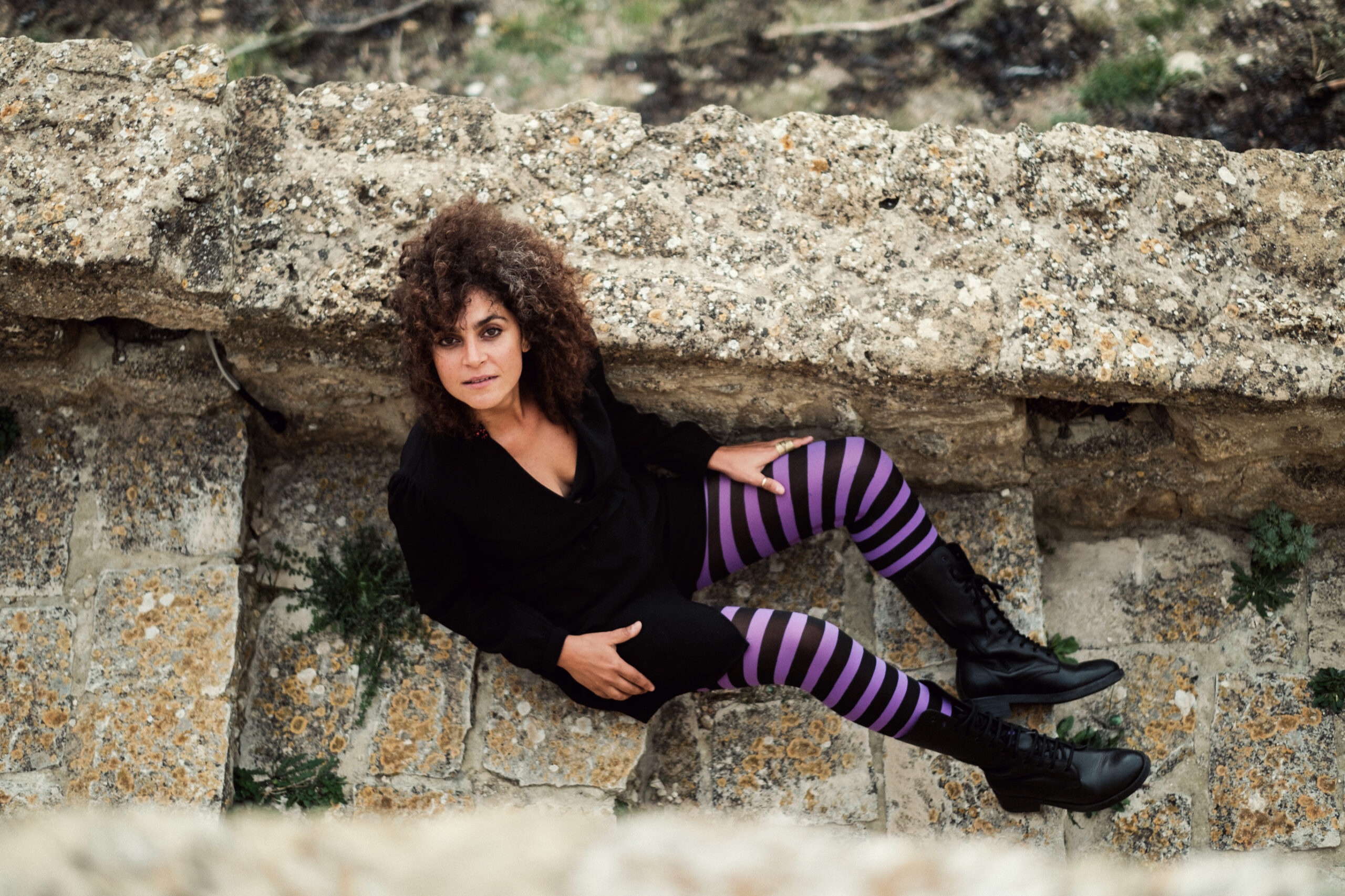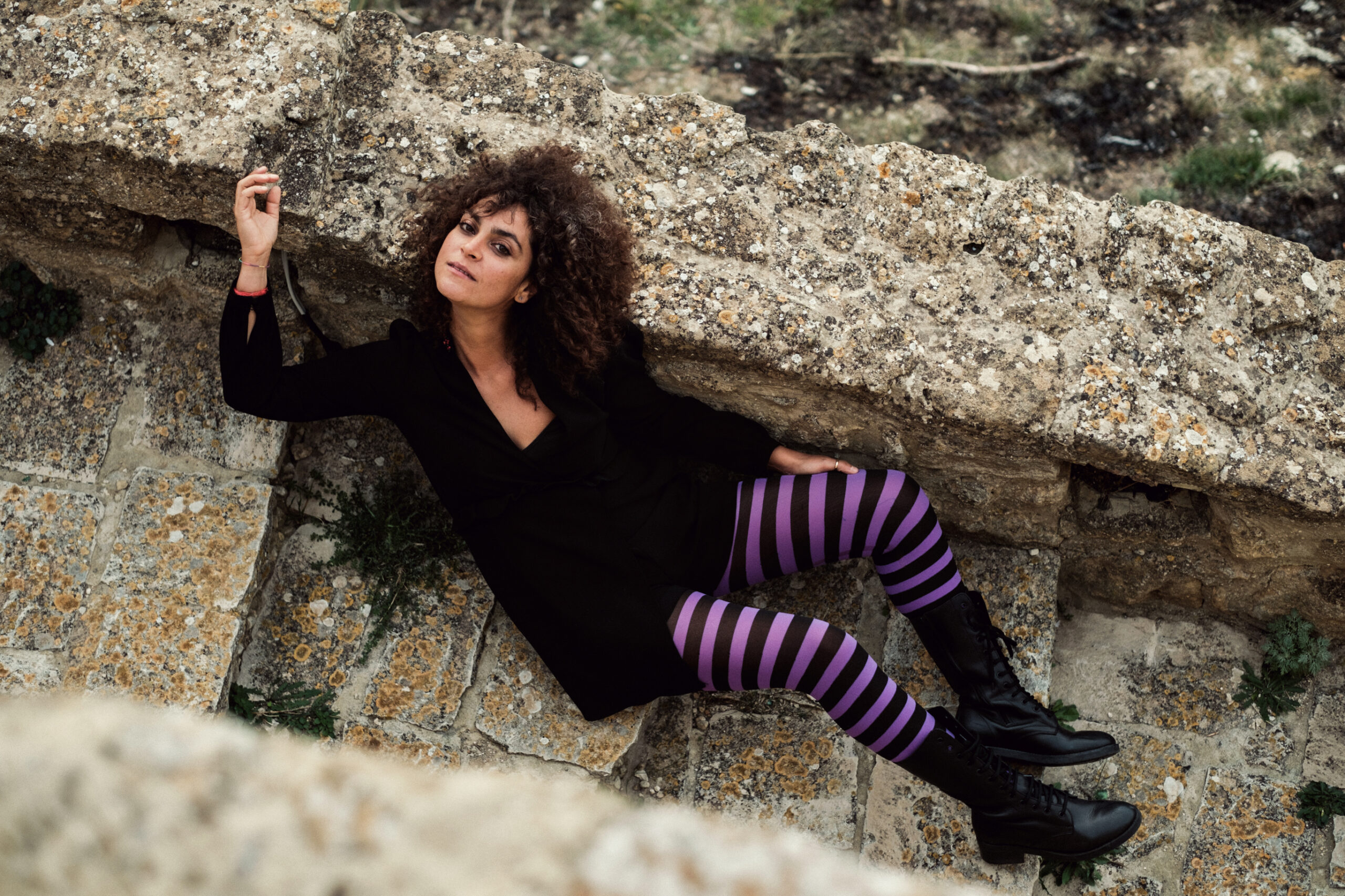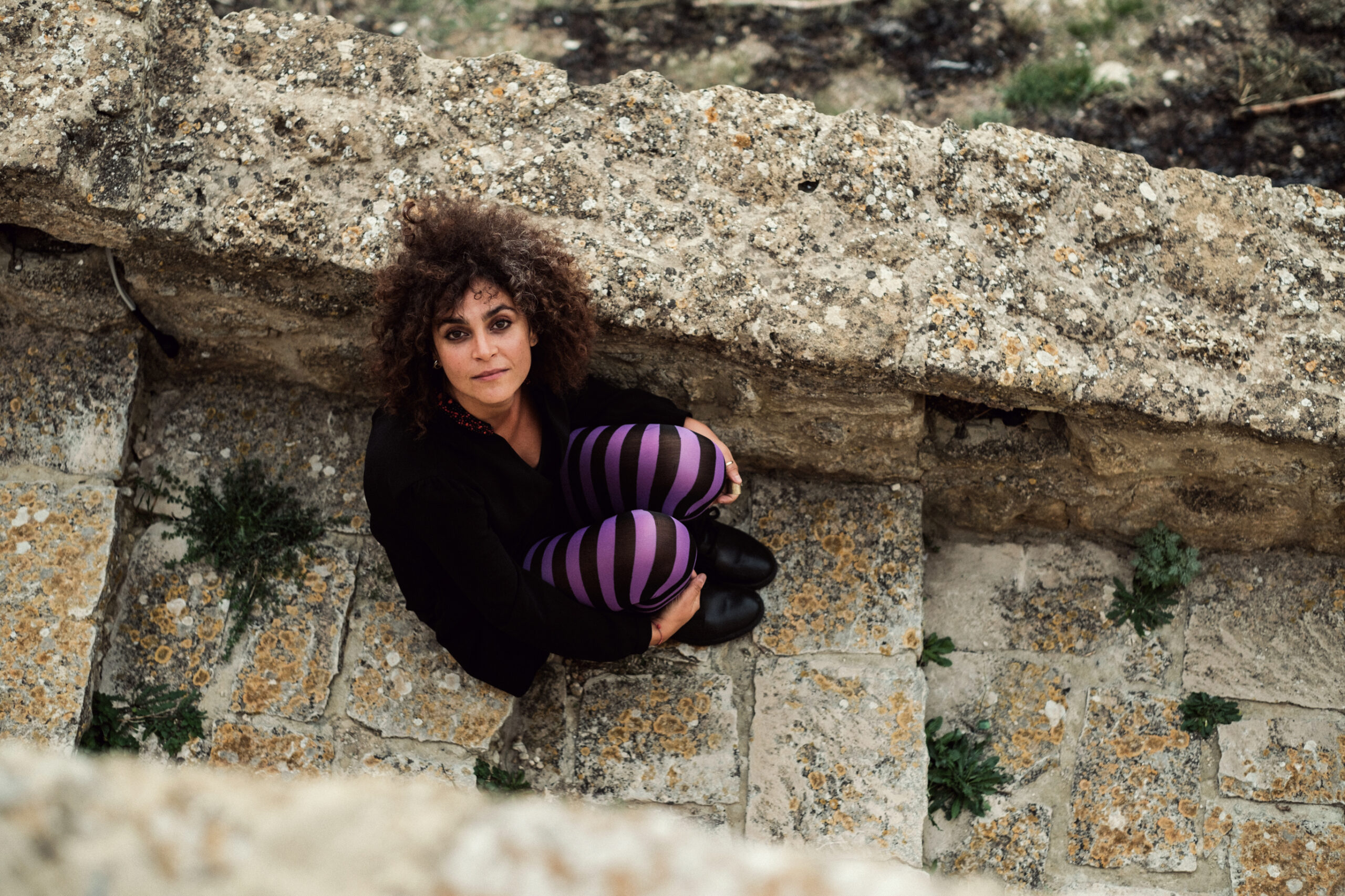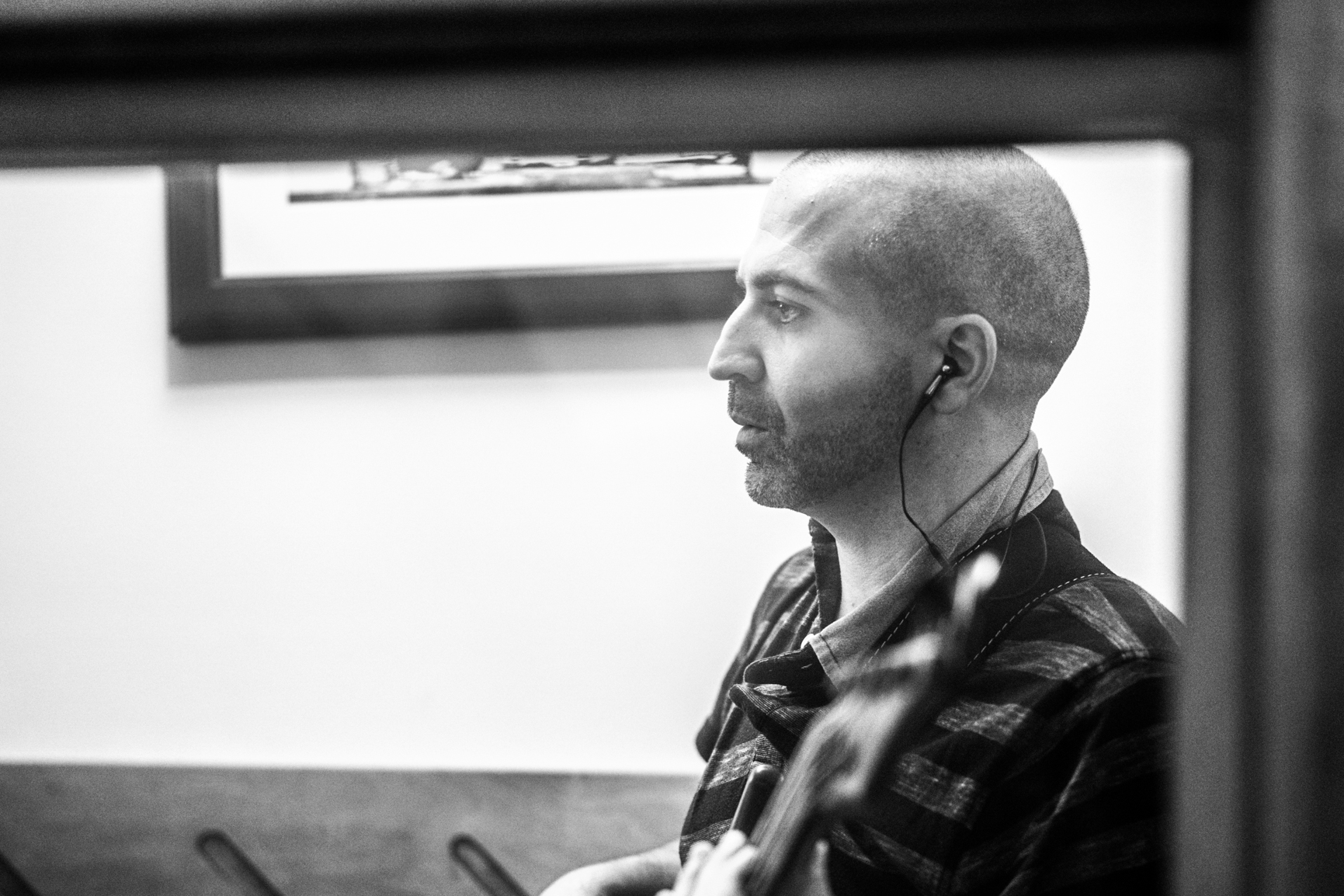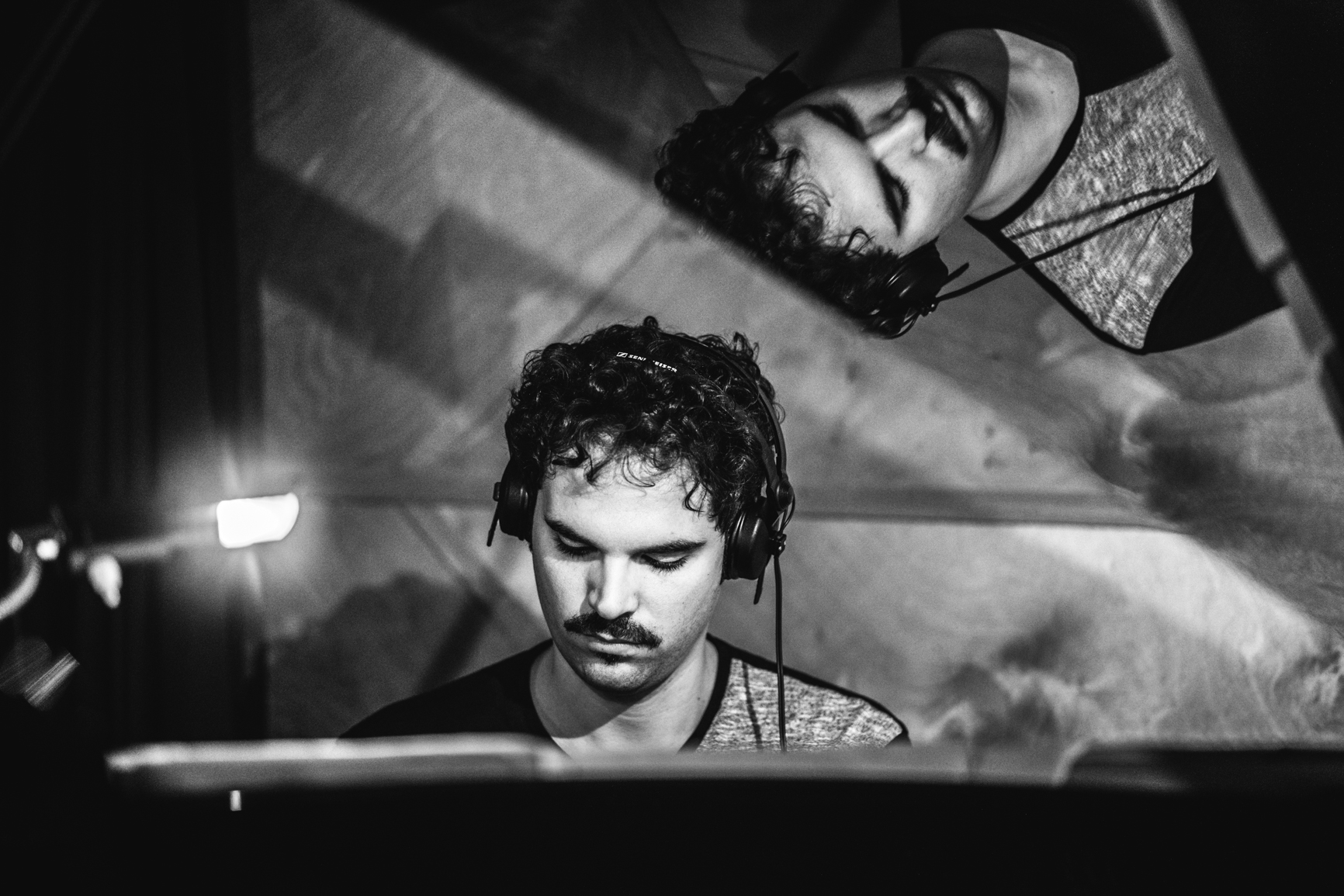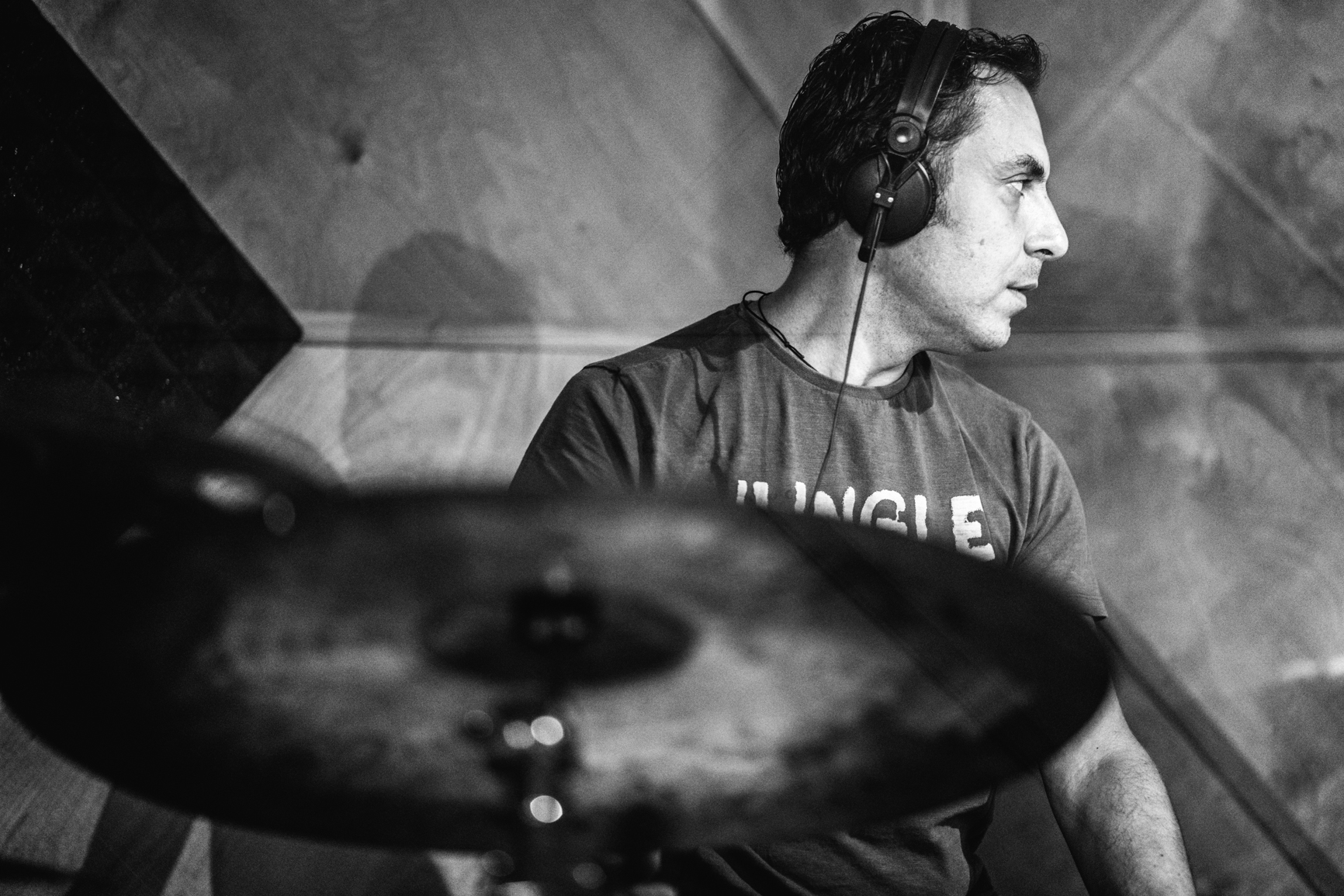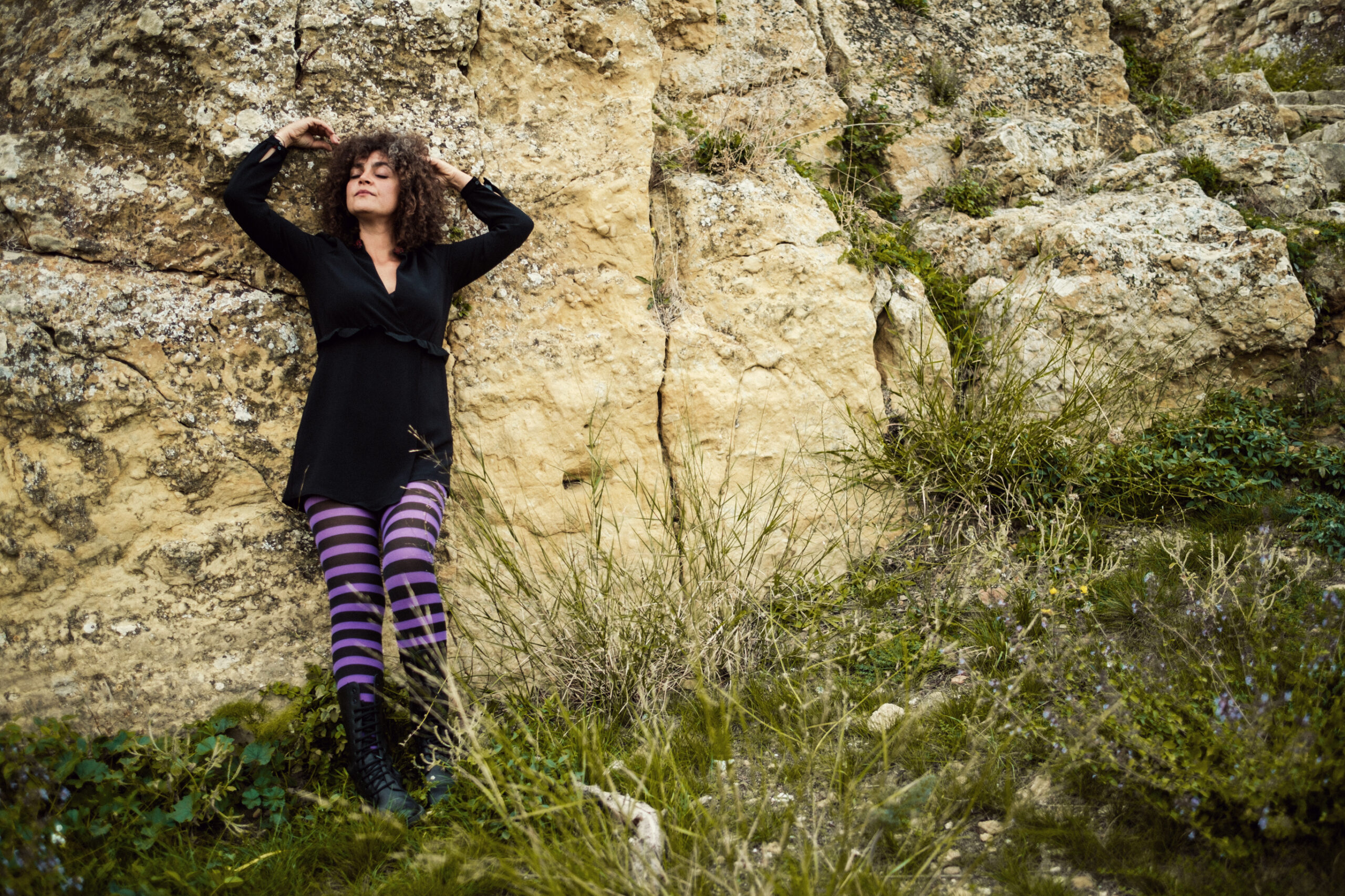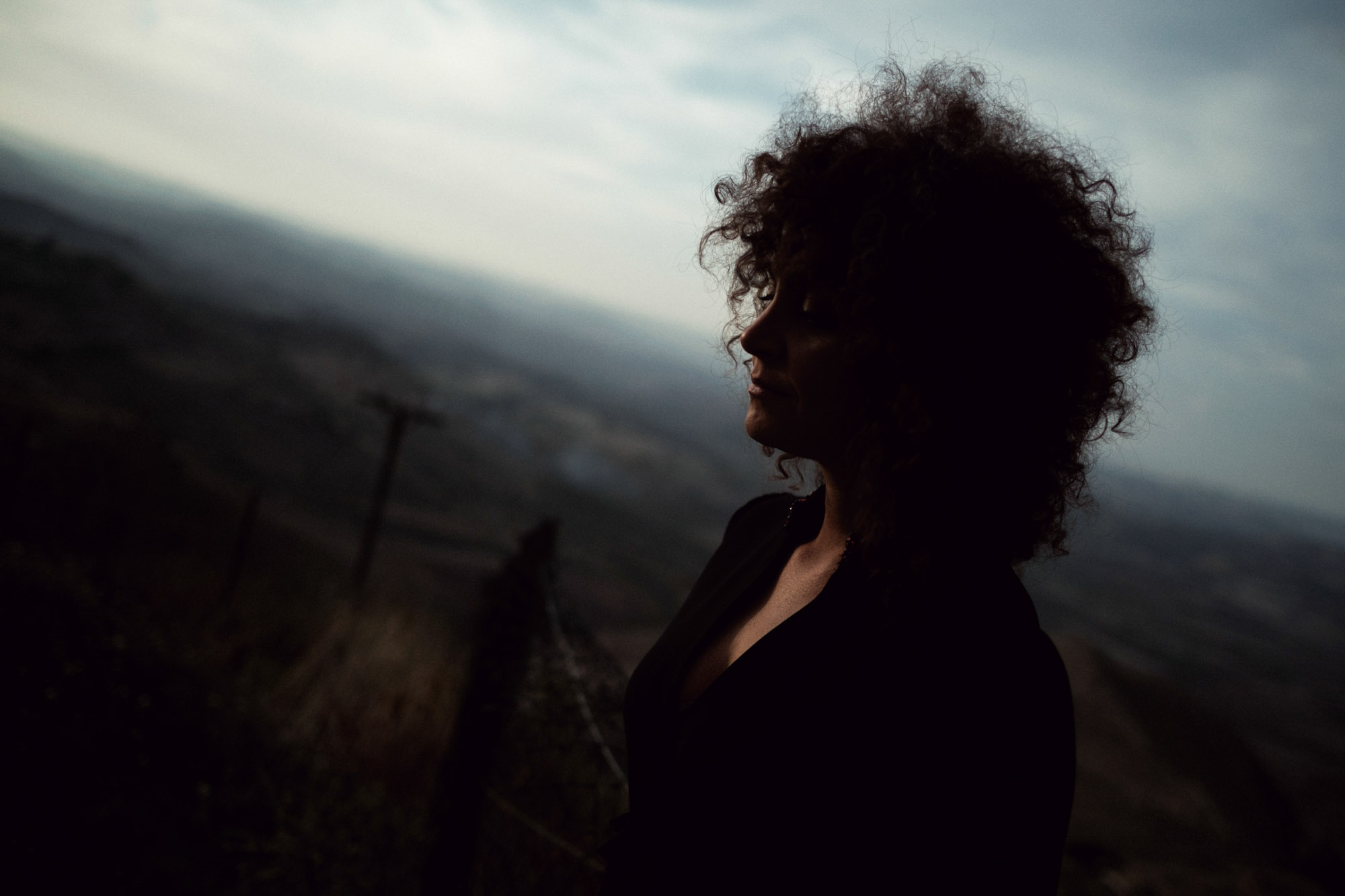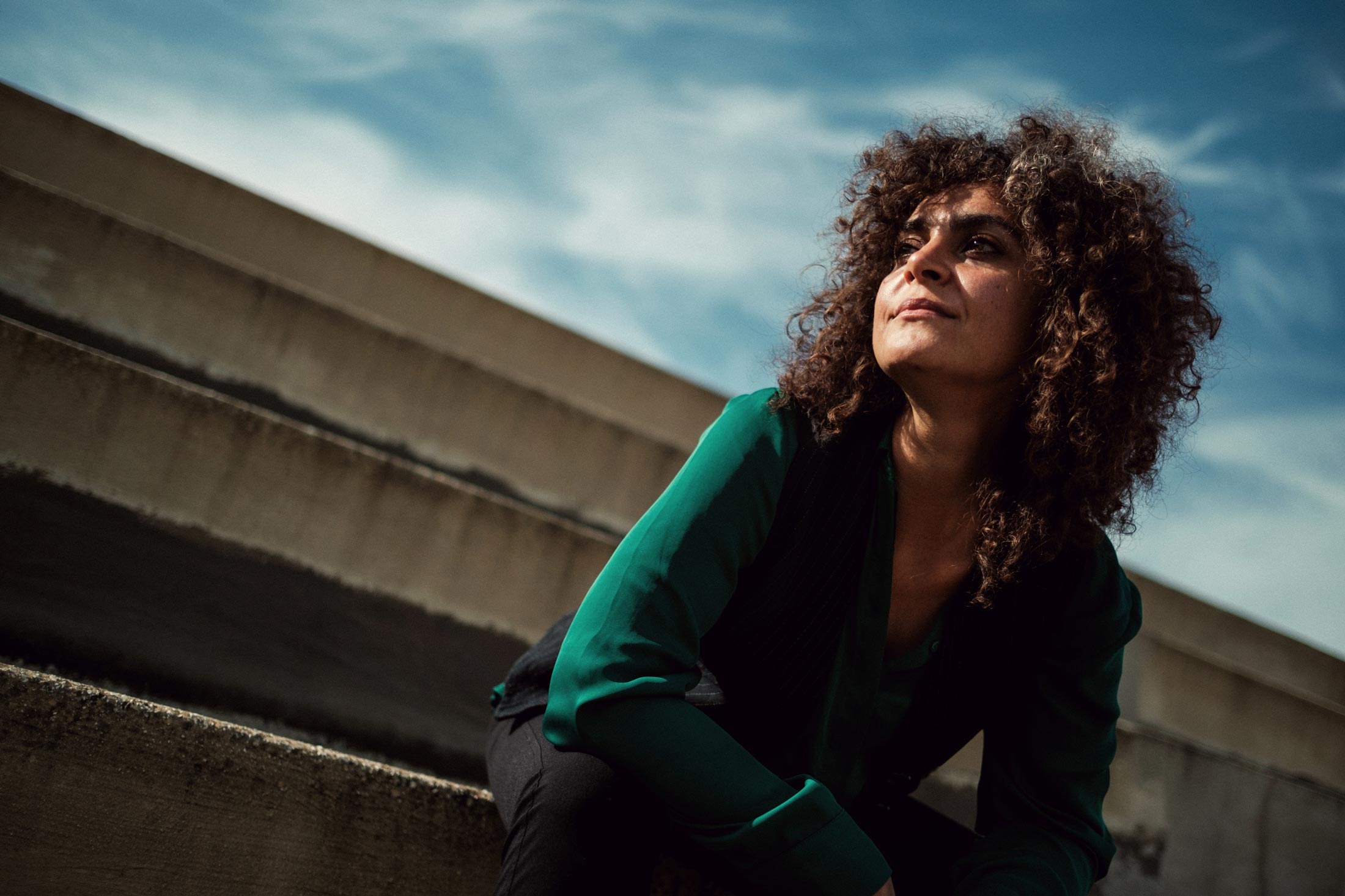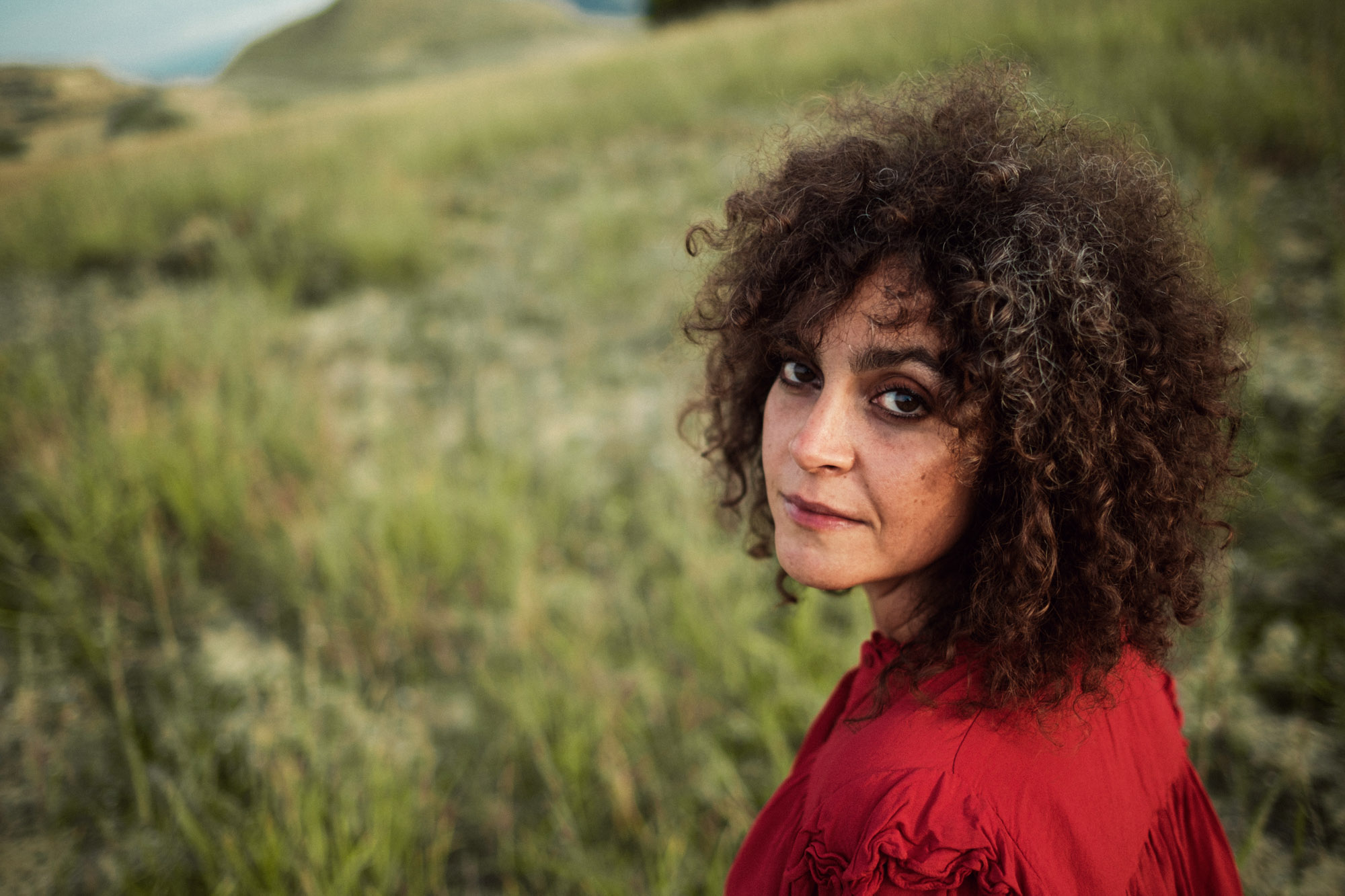Per Aspera ad Astra
The making of
Per Aspera ad Astra is a concept album, with compositions that I wrote over the last three years, mixing multiple styles and aesthetics: jazz, world music, rock, fusion, pop, electronic, contemporary music. For me, one of the most interesting aspects in the creation of this project was the composing process, then the arrangements for the string chamber orchestra: it was stimulating to balance and integrate its sound into the grammar of the scores. In this plot, my voice is the guide, leading me in the composition, sometimes as an extremely melodic and lyrical instrument, other times in more tense and instrumental lines.
The choice of the ensemble was motivated by technical reasons related to the scores, as well as musical and human affinities. The instrumental heart is made up of an extraordinary rhythm section, the trio Urban Fabula, (Seby Burgio, Alberto Fidone, Peppe Tringali). My relationship with Urban Fabula is a strong friendship, consolidated during more than ten years of collaborations and artistic communion. The musical and human contribution of my brotherly friend Alberto Fidone has been precious: in addition to playing the double bass and electric bass, he conducted the orchestra and he produced the album, together with me and the sound engineer Riccardo Samperi, “the fifth man” of the quartet, an essential element to design the sound of the album.
The choice of Jani Moder on guitar is motivated by his great versatility and affinity with my music: with his lines, he draws an alternative voice in constant dialogue with mine. The contribution of the TRP Studio Orchestra gave to Per Aspera to Astra a cross-over style and its presence is absolutely intrinsic: the enveloping counterpart to the “solidity” of the rhythmic section, the “exegesis” of the melody and lyrics
Not always, in the album, the themes are accompanied by lyrics; where they are present, they constitute the nerve point, harmonizing musical and extra-musical elements. Yasam lyrics, for example, in Turkish language, takes its cue from a passage of the poetry “To Life” by Nazim Hikmet. It says:



